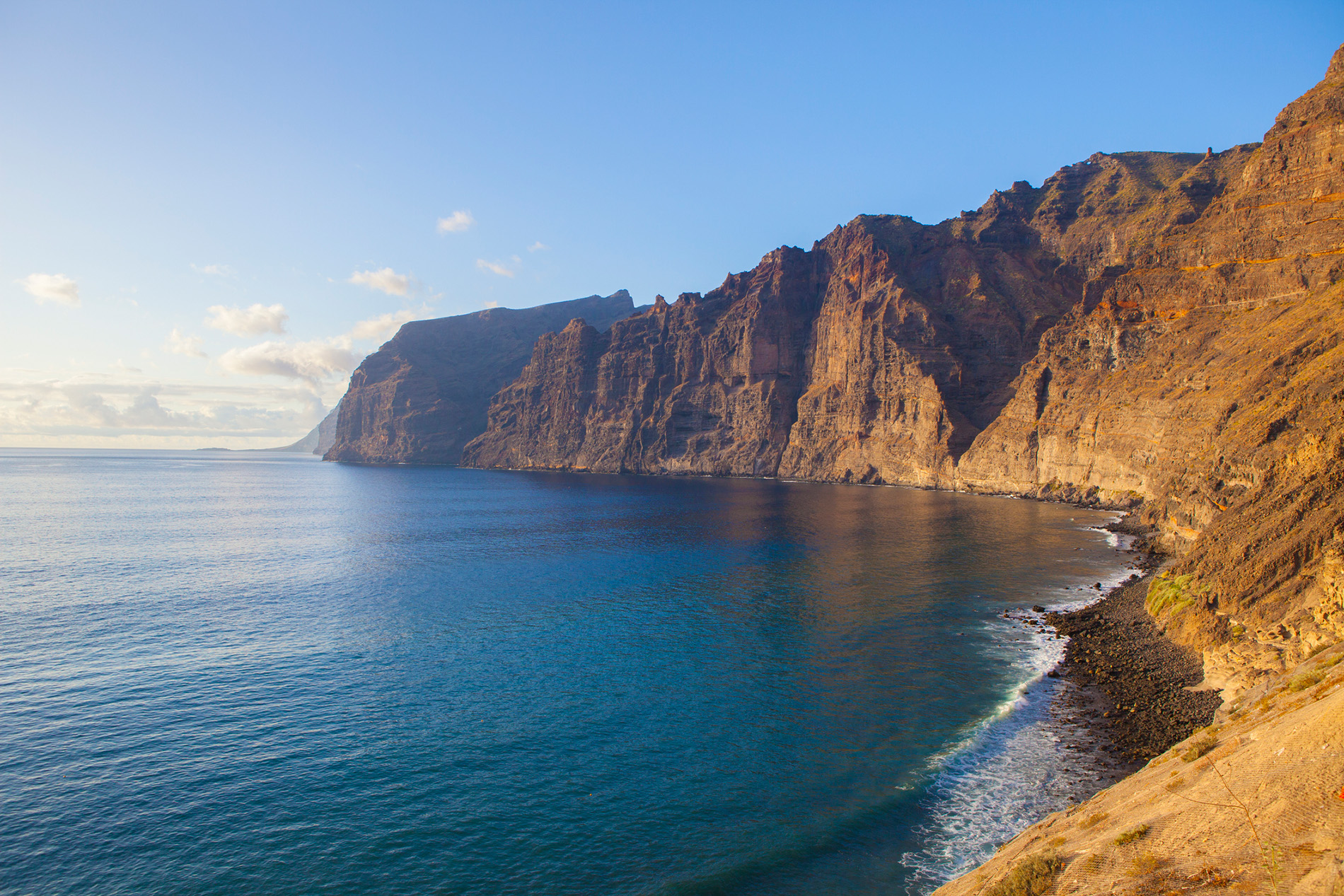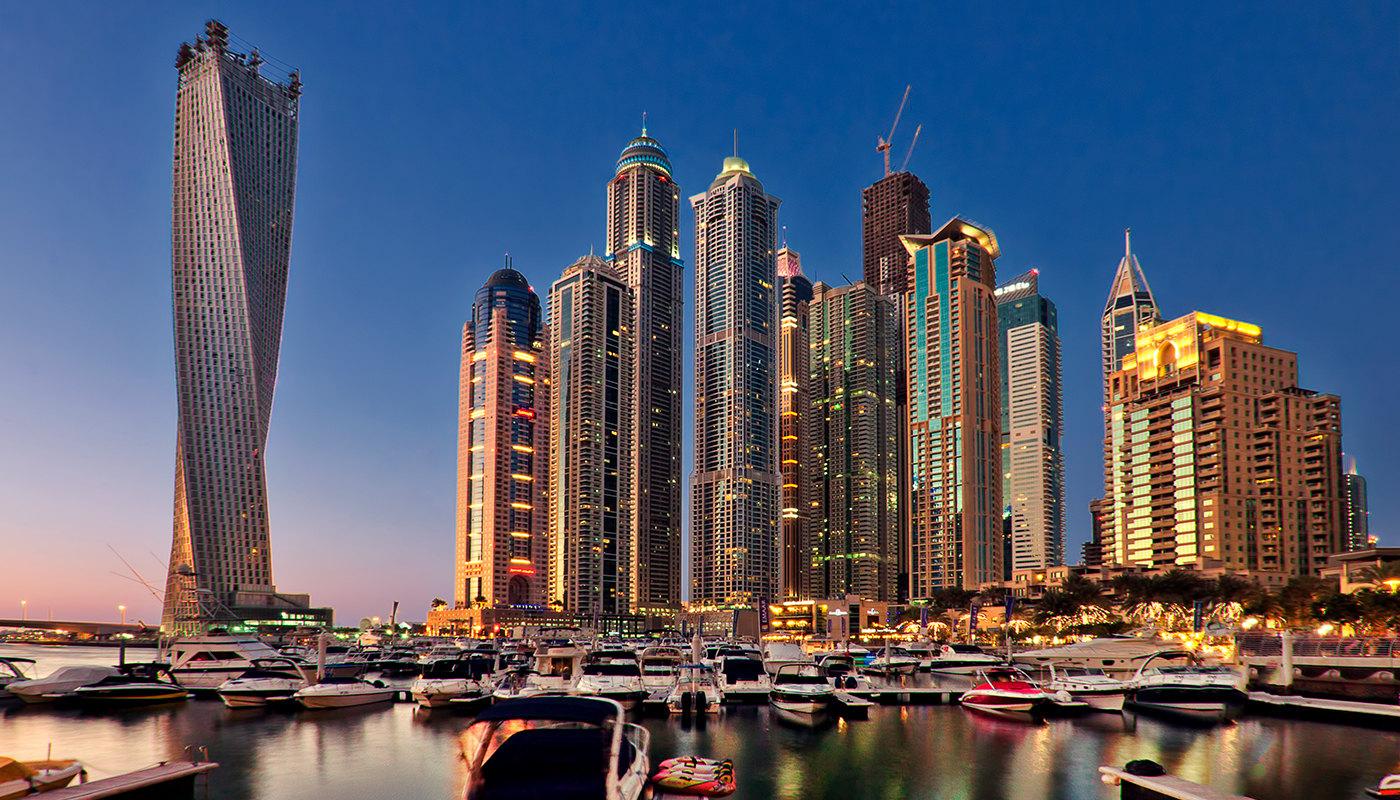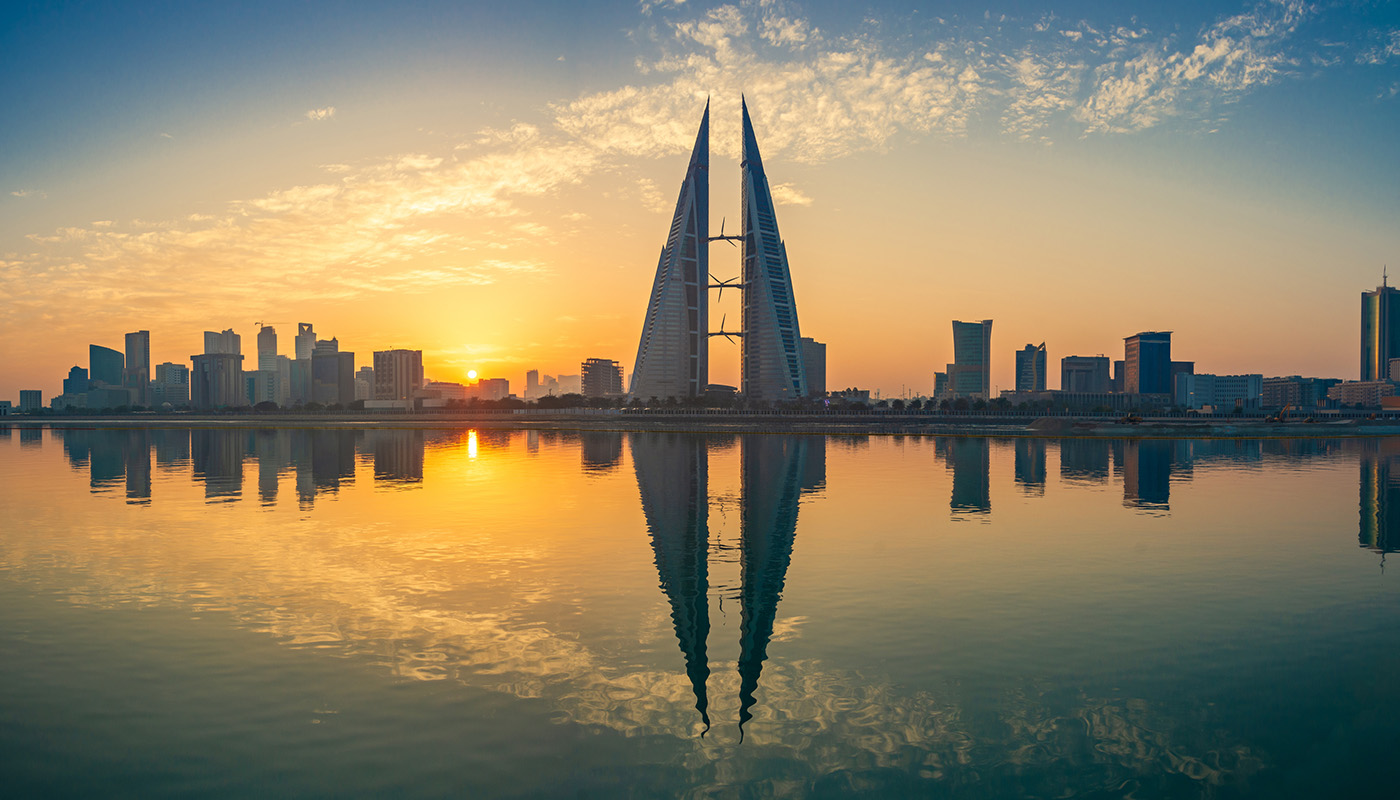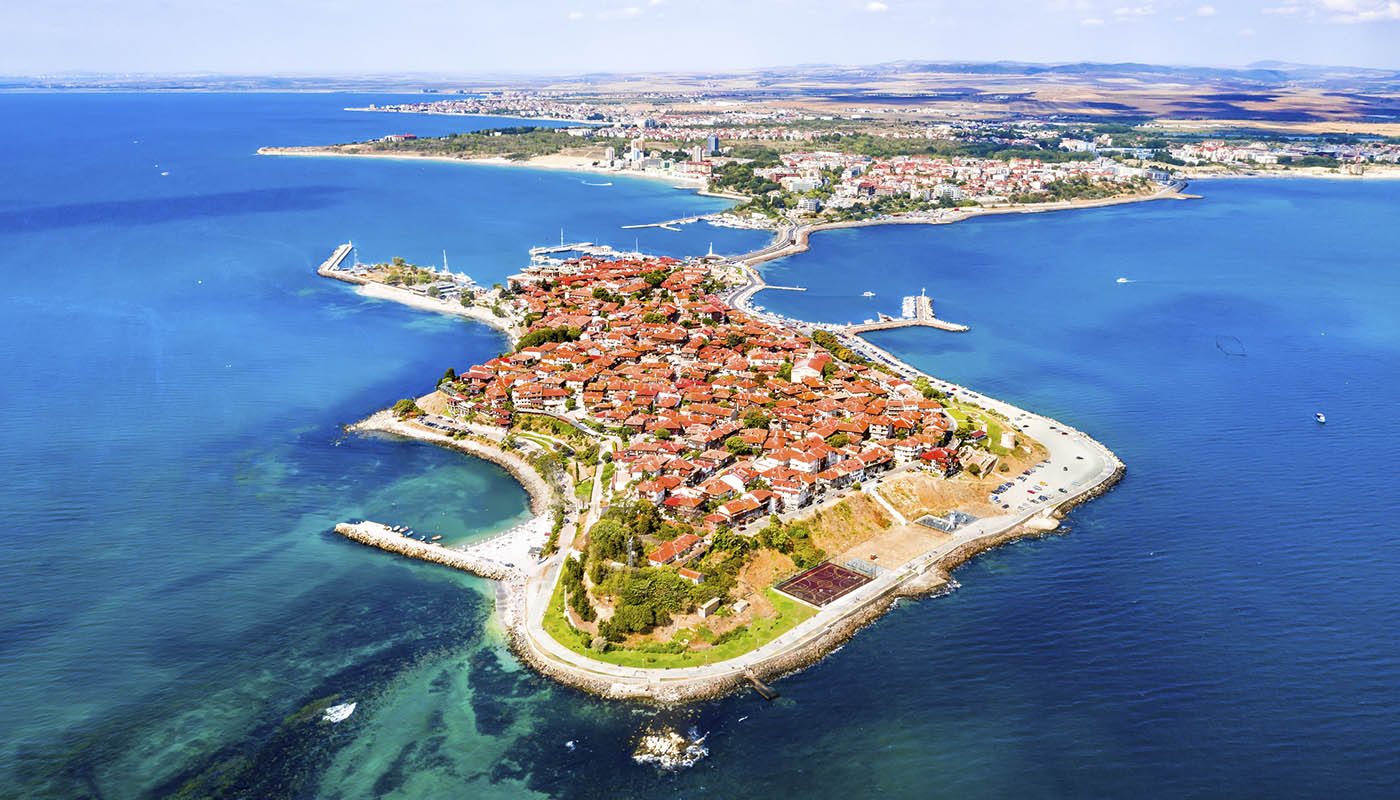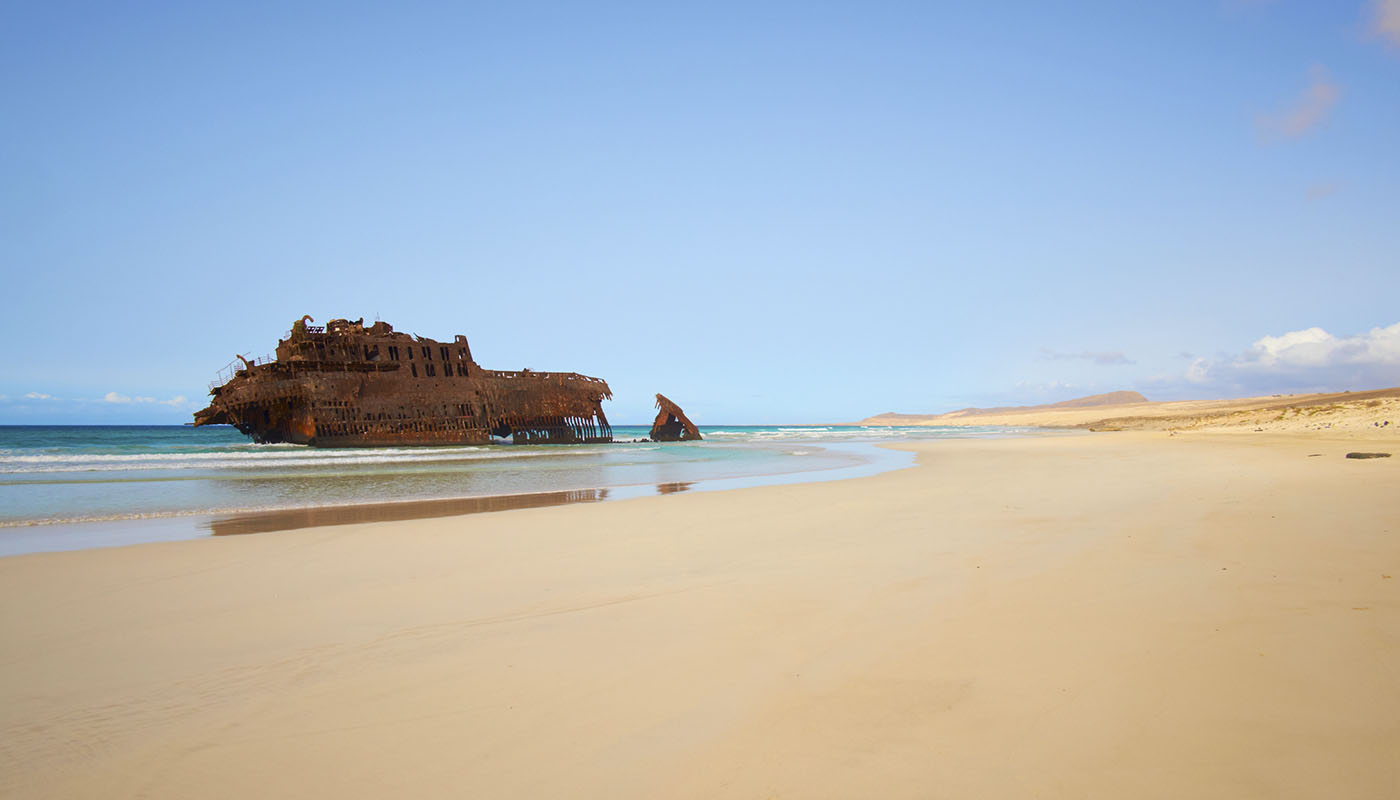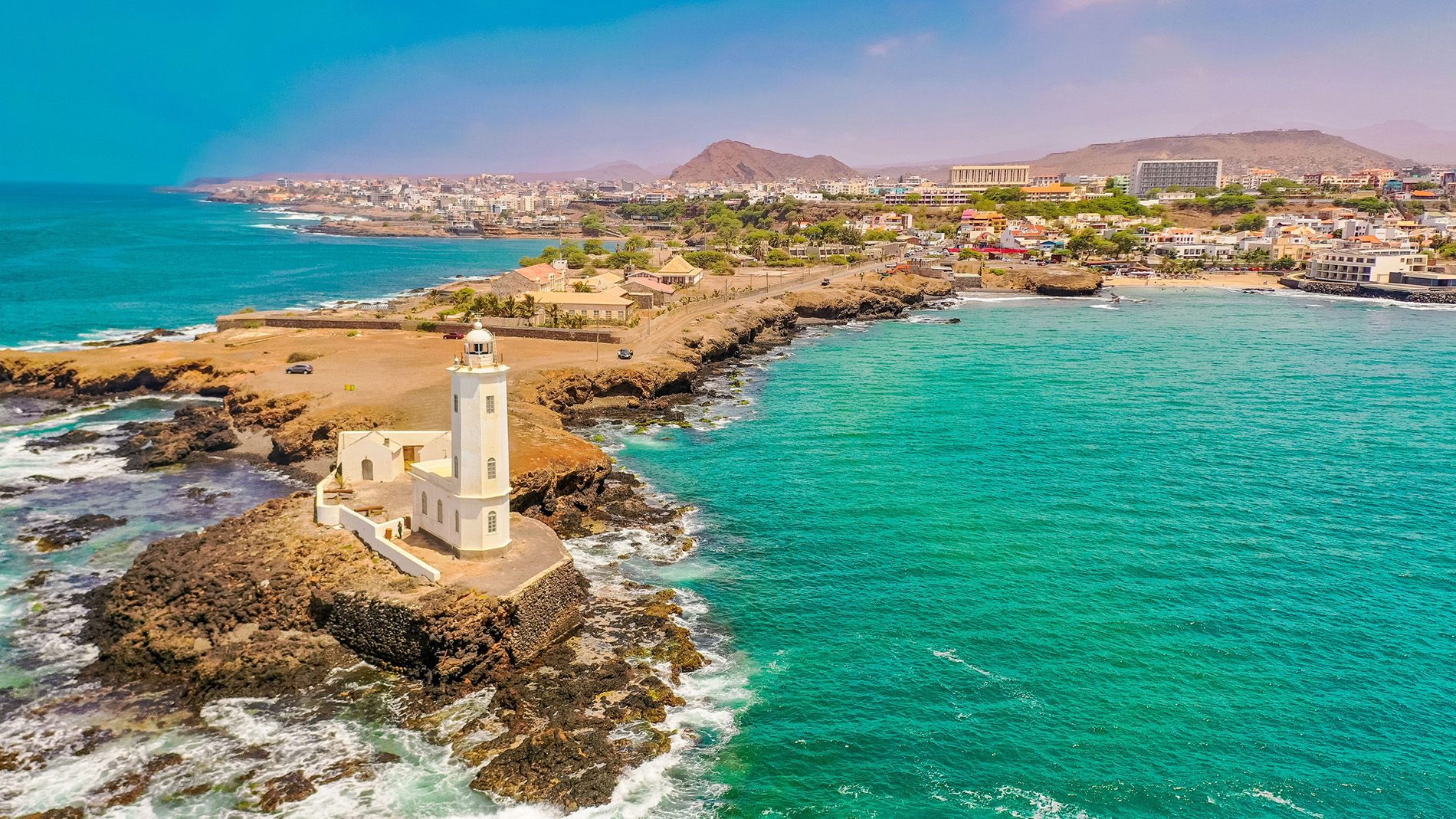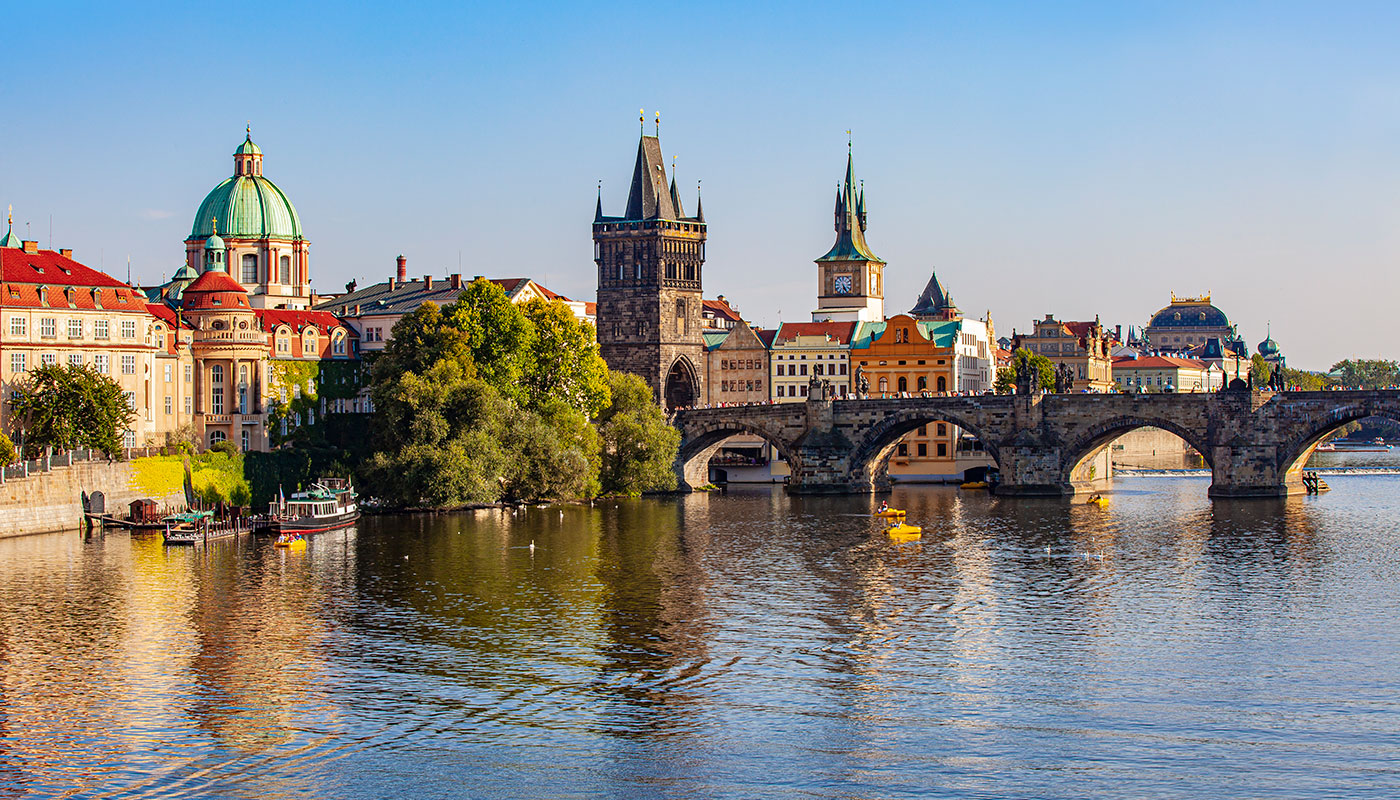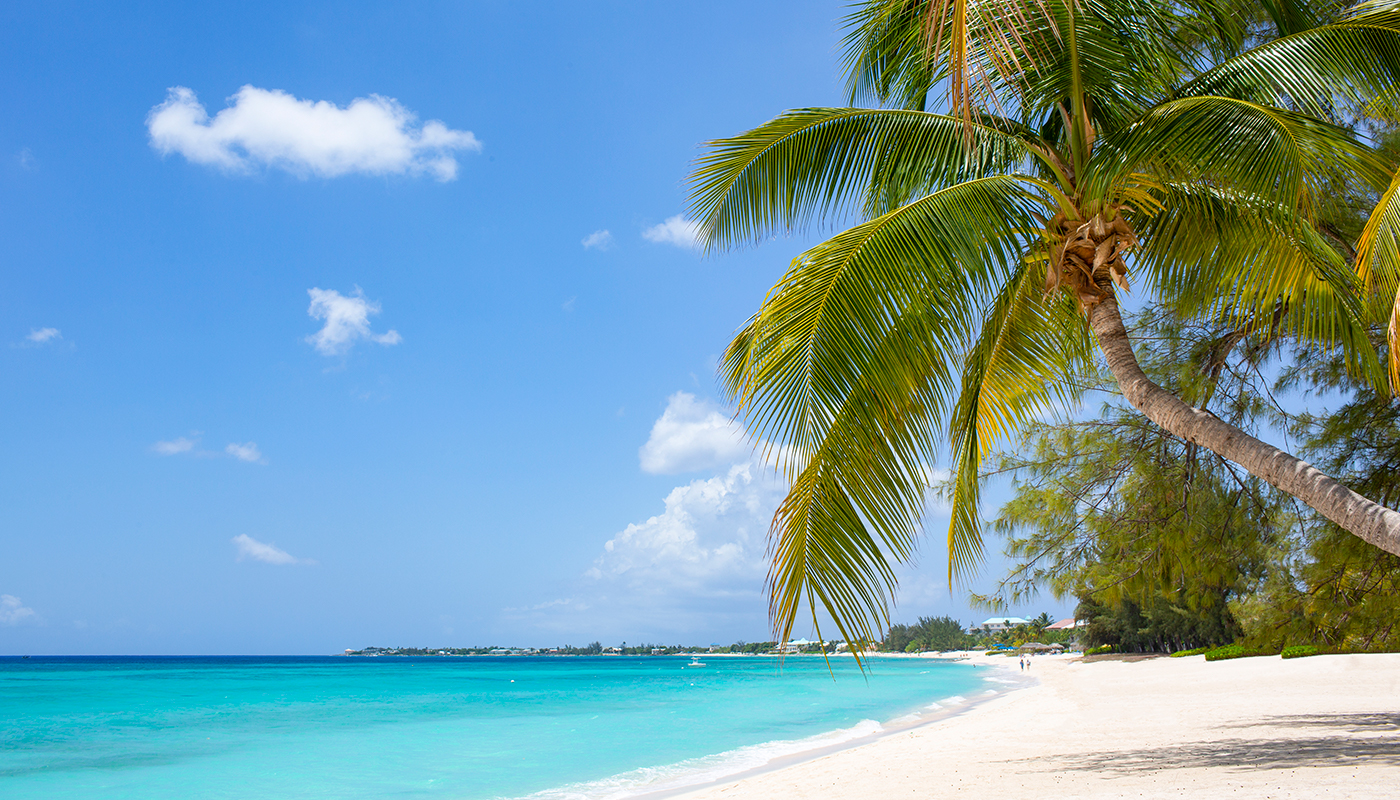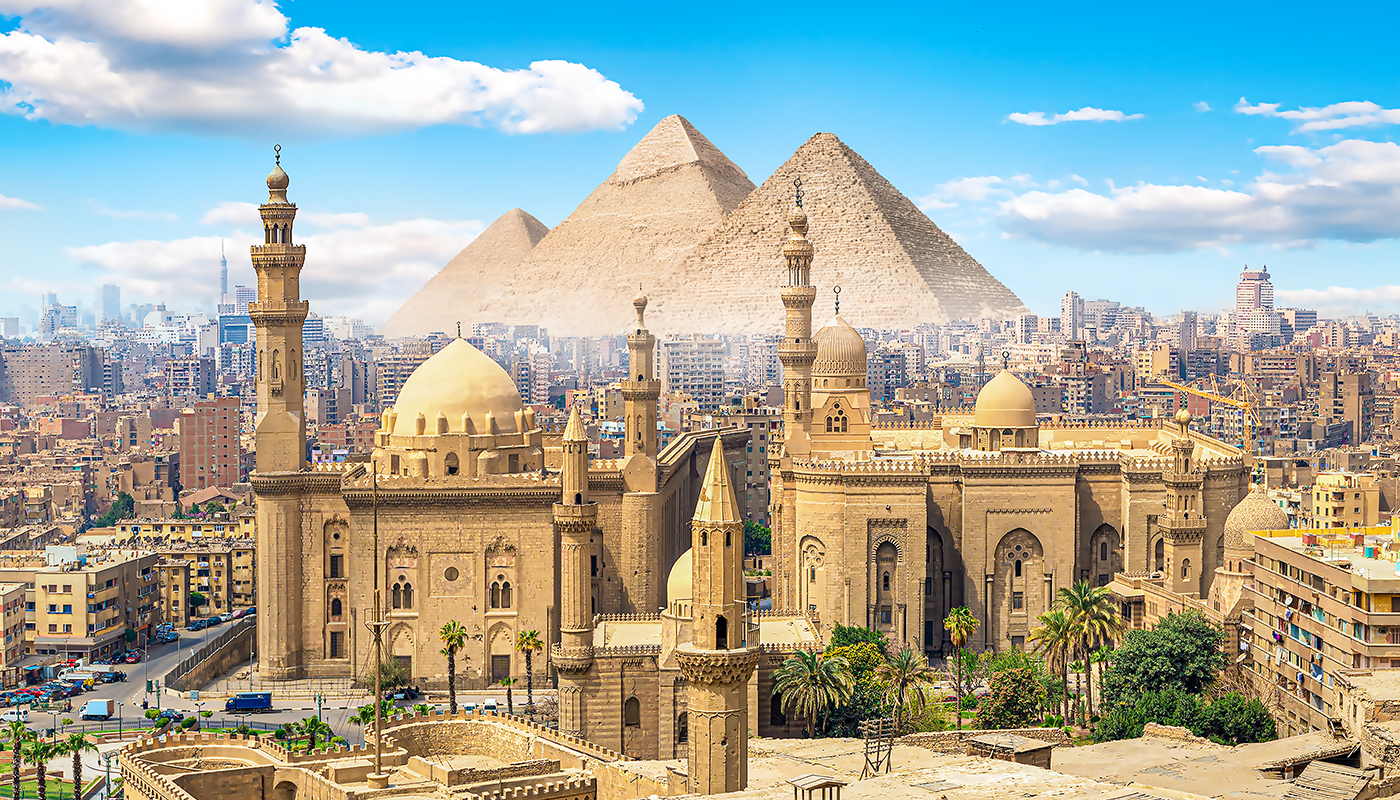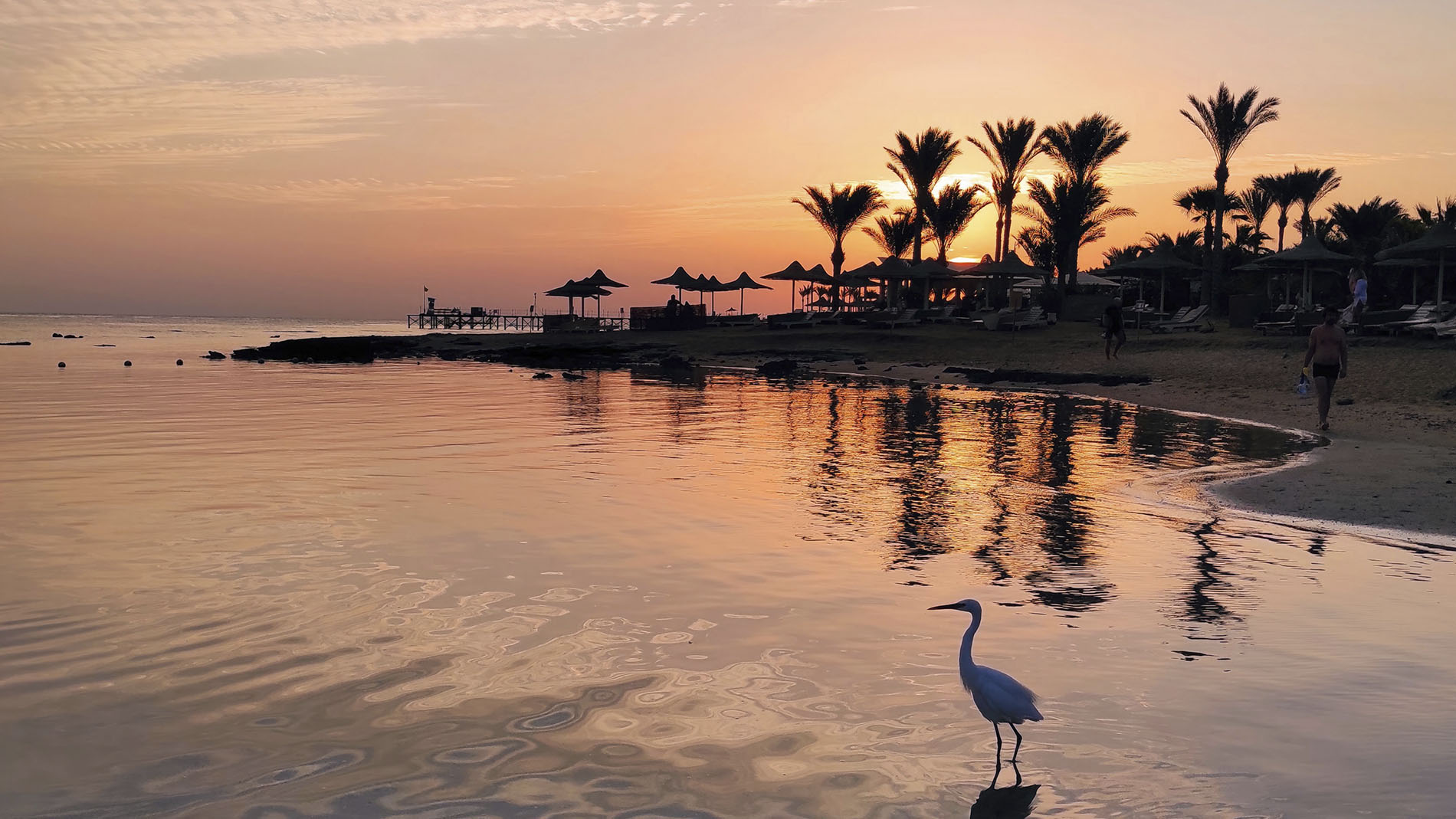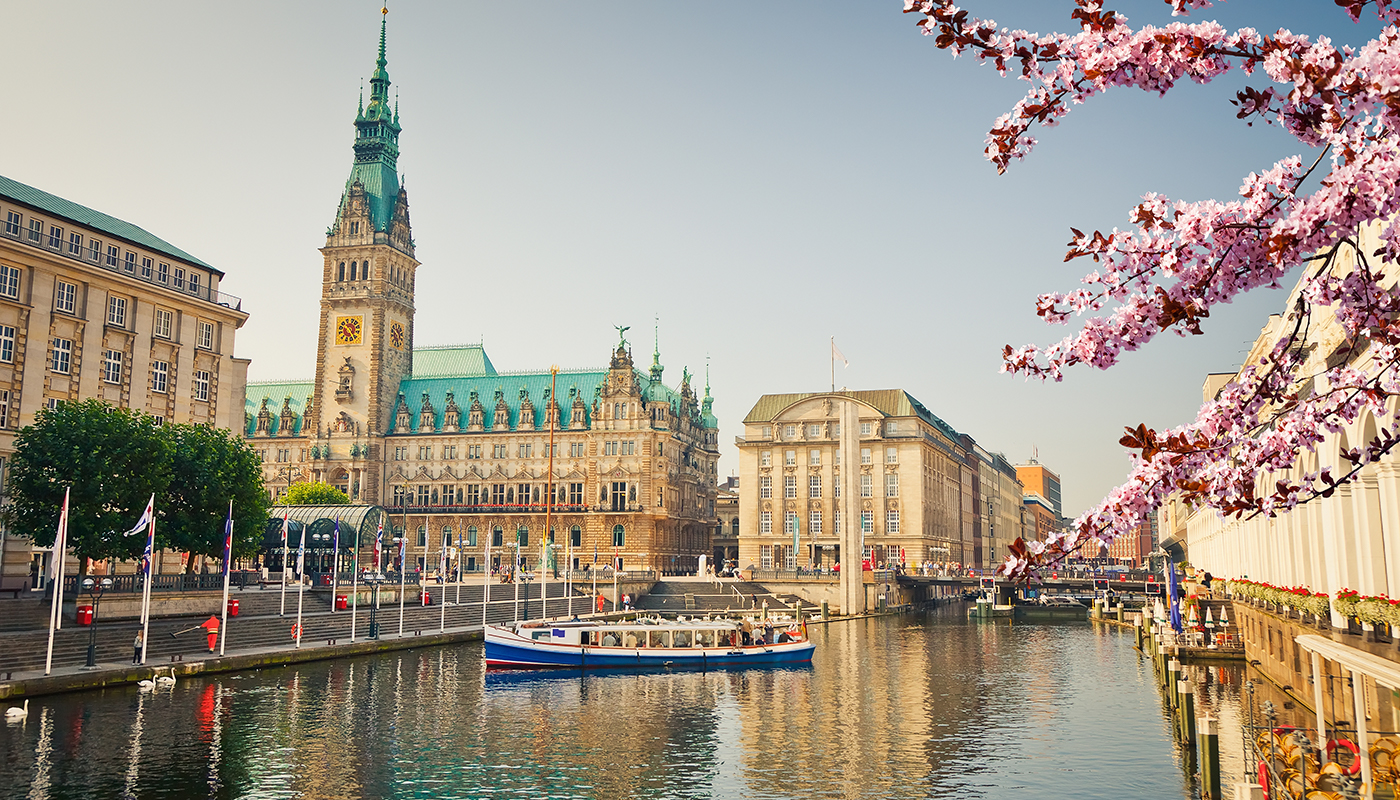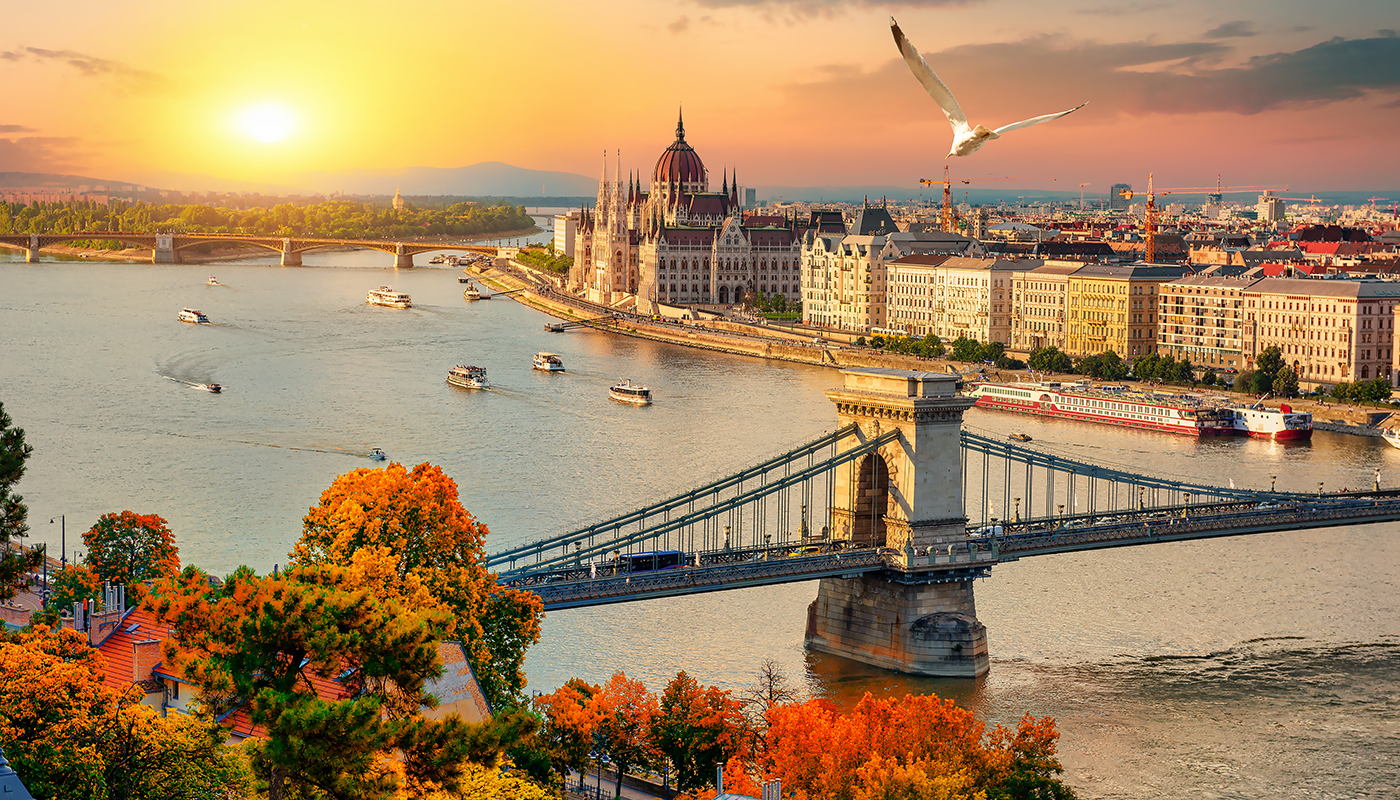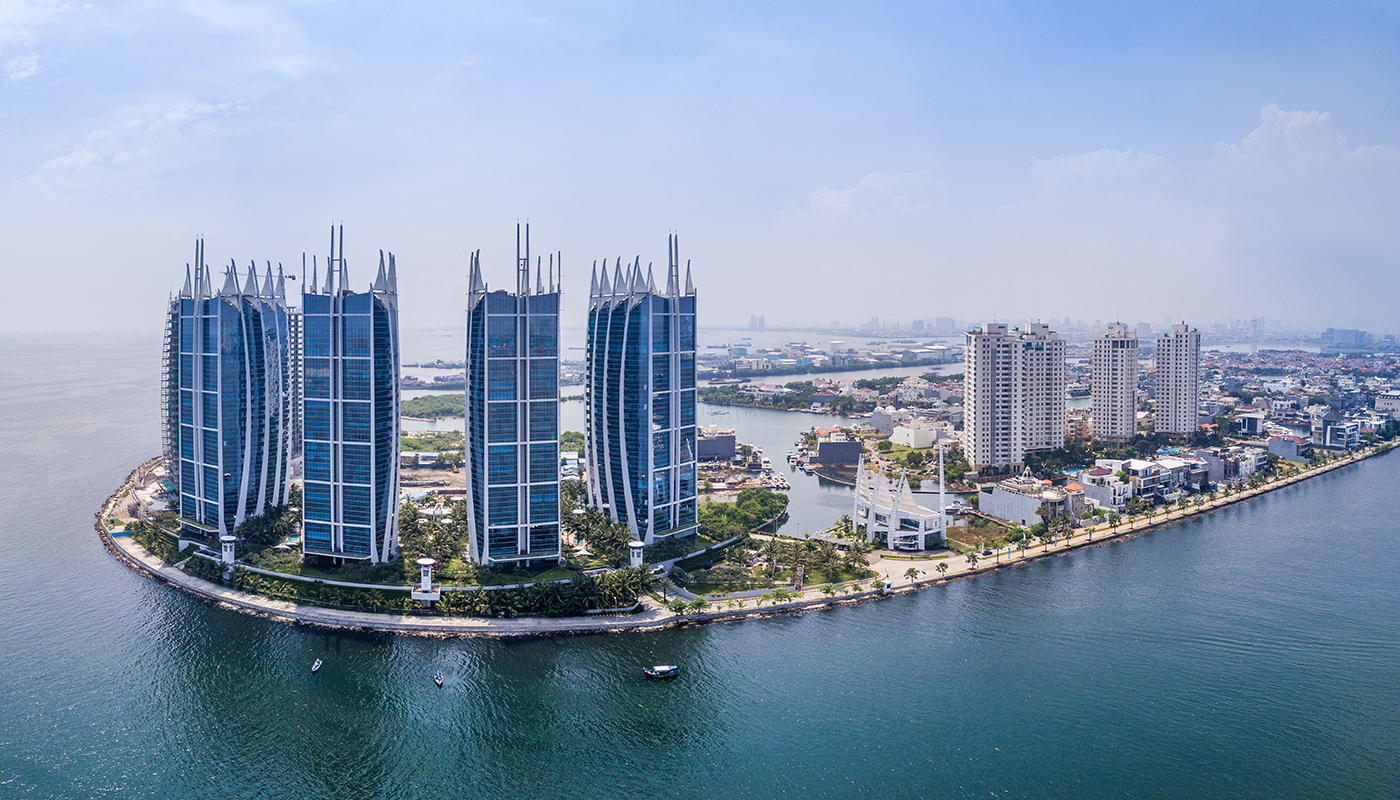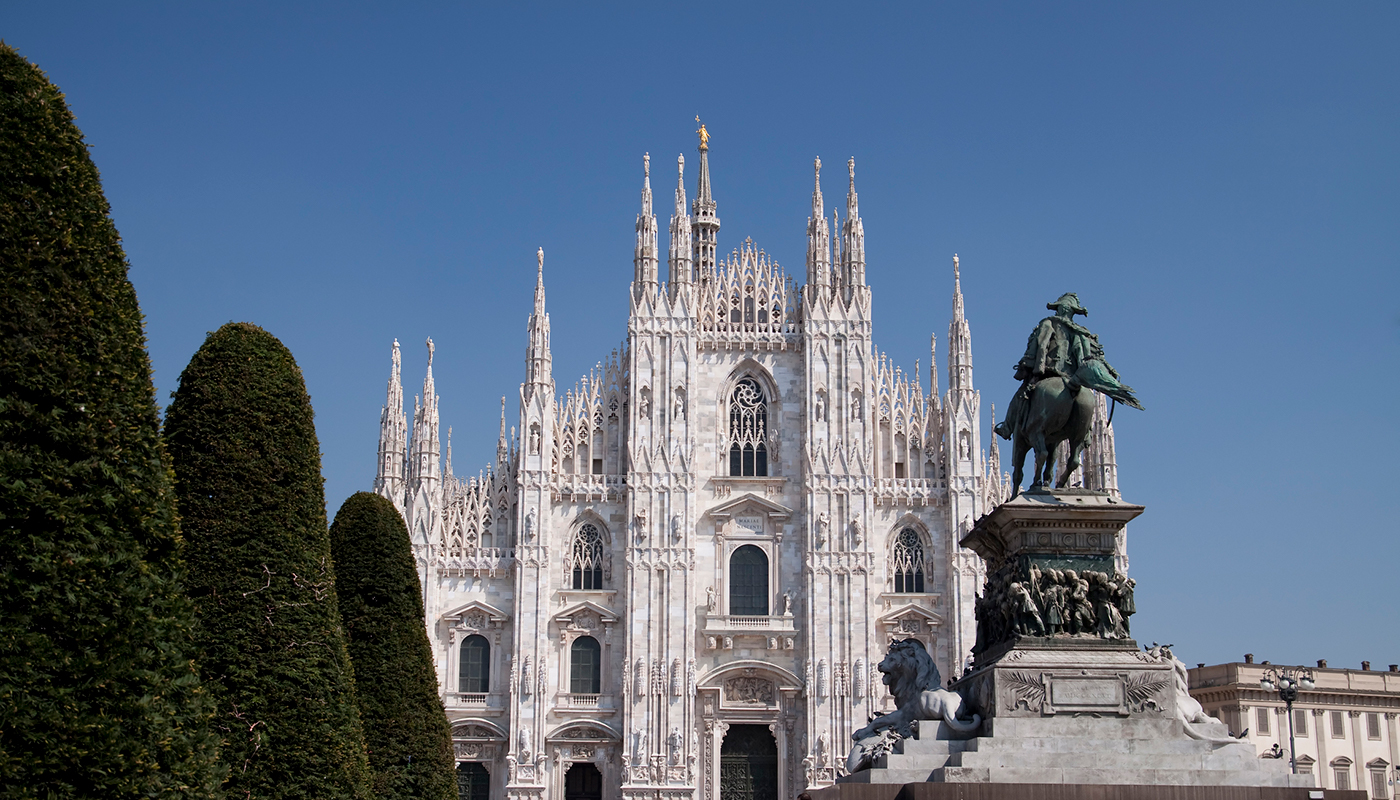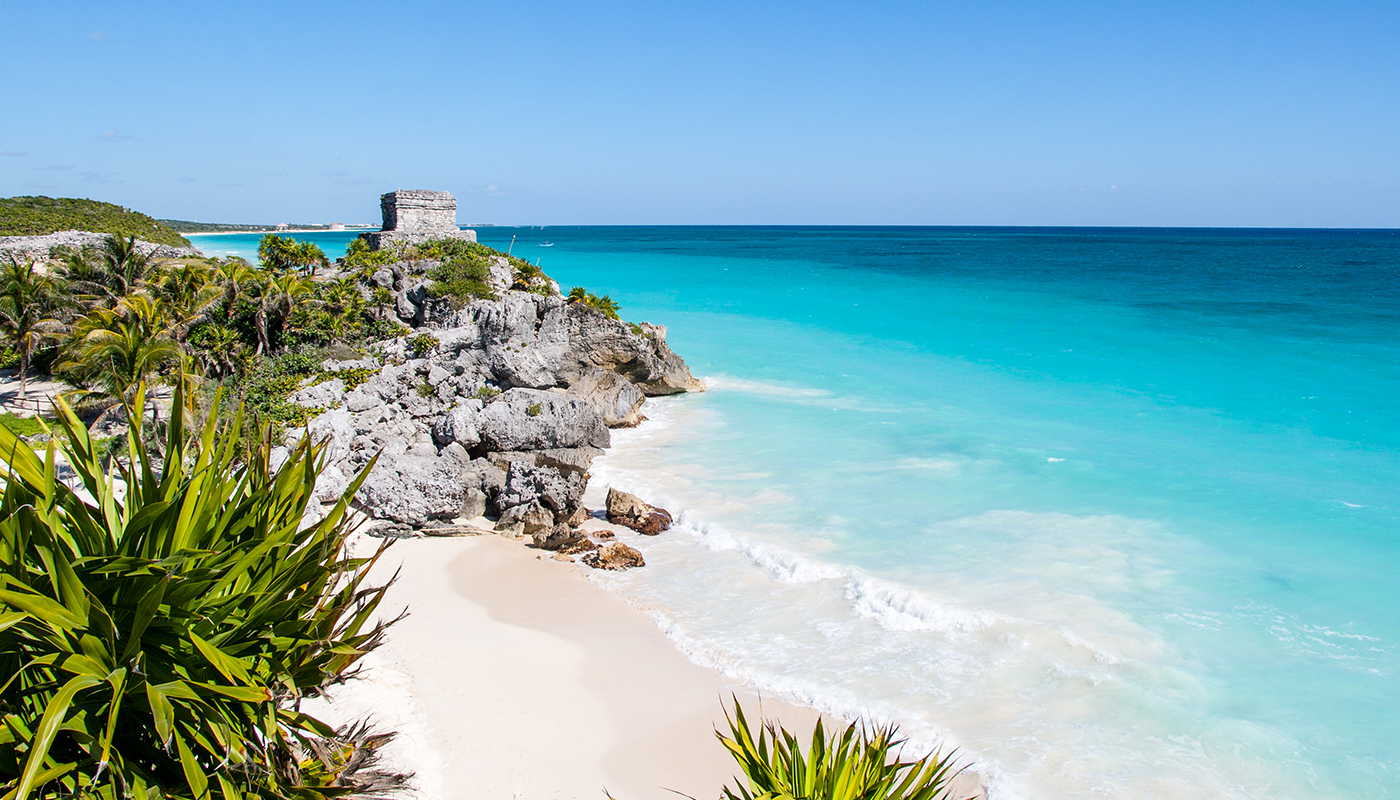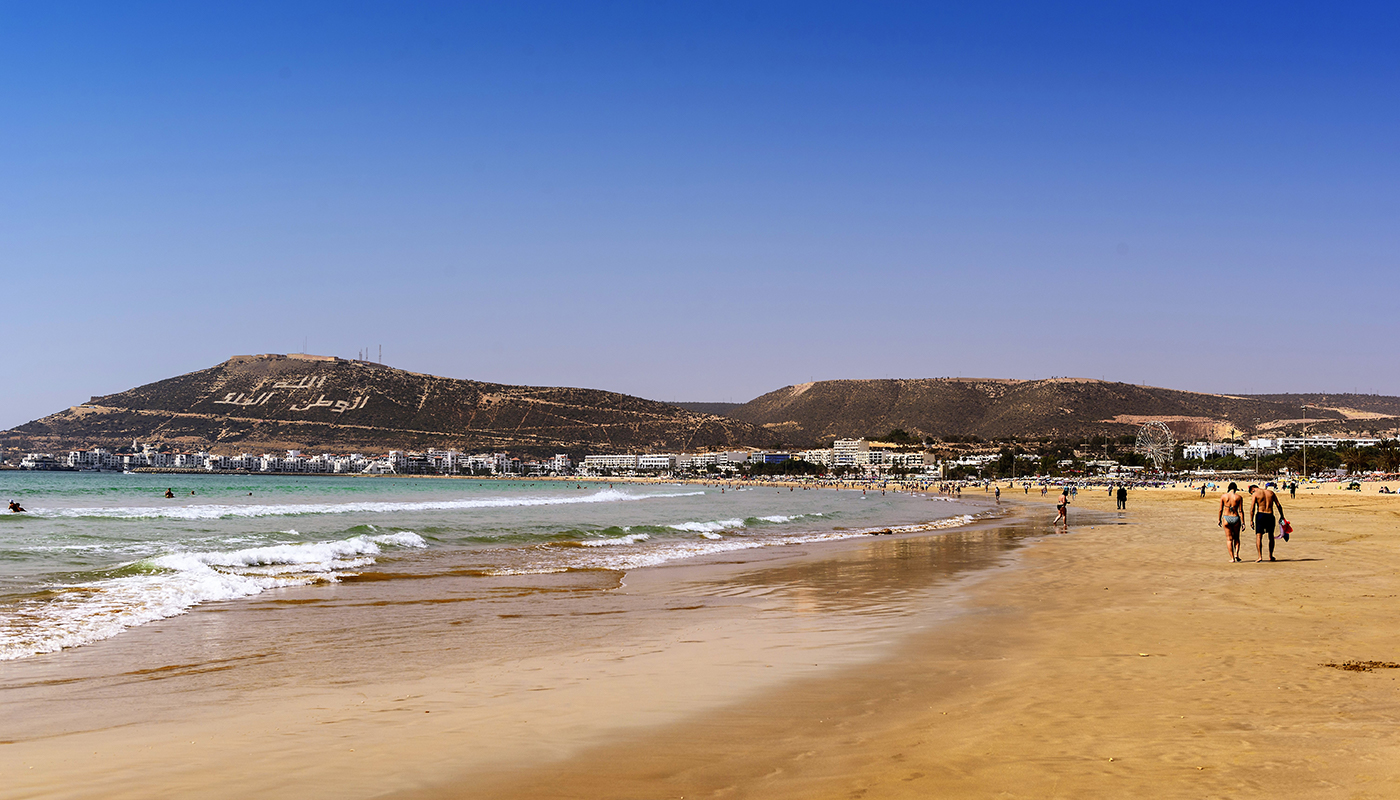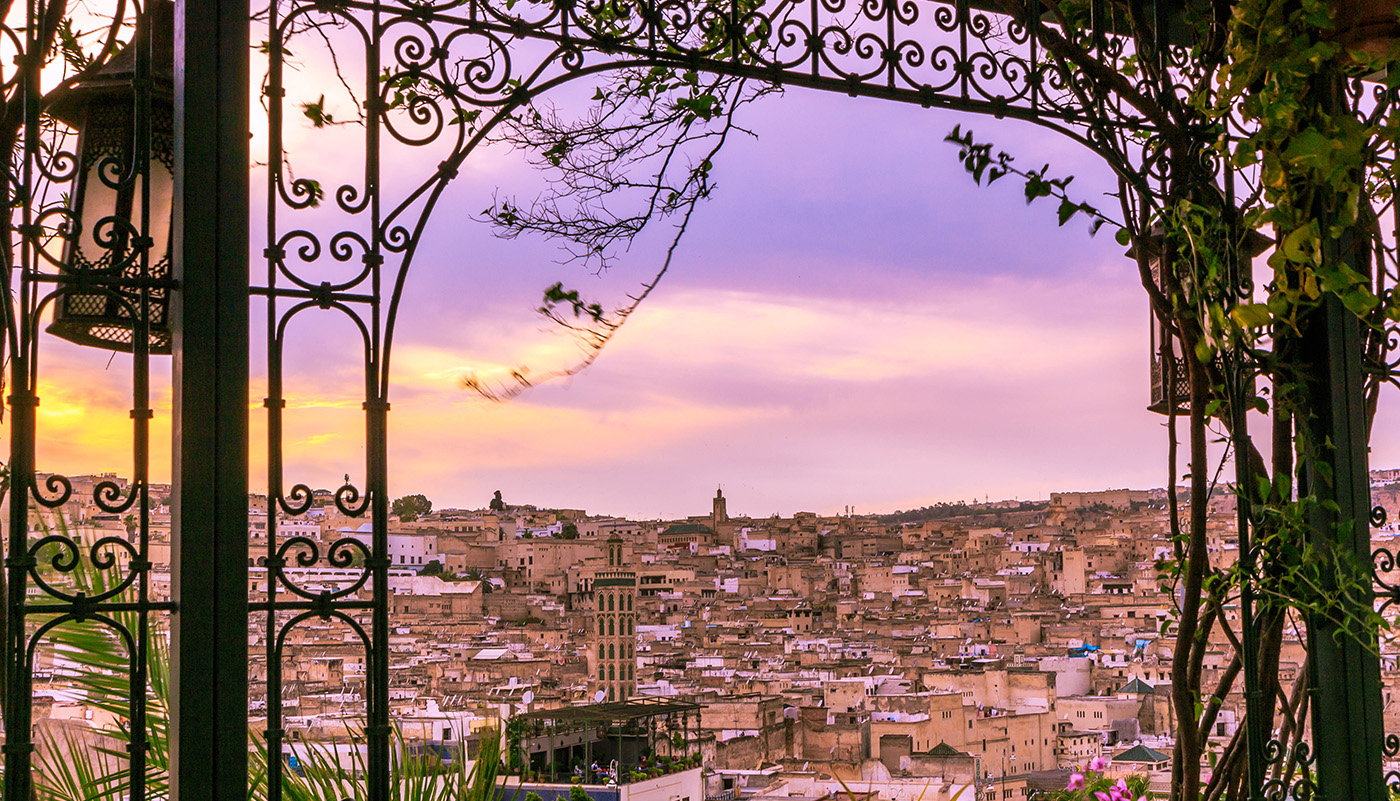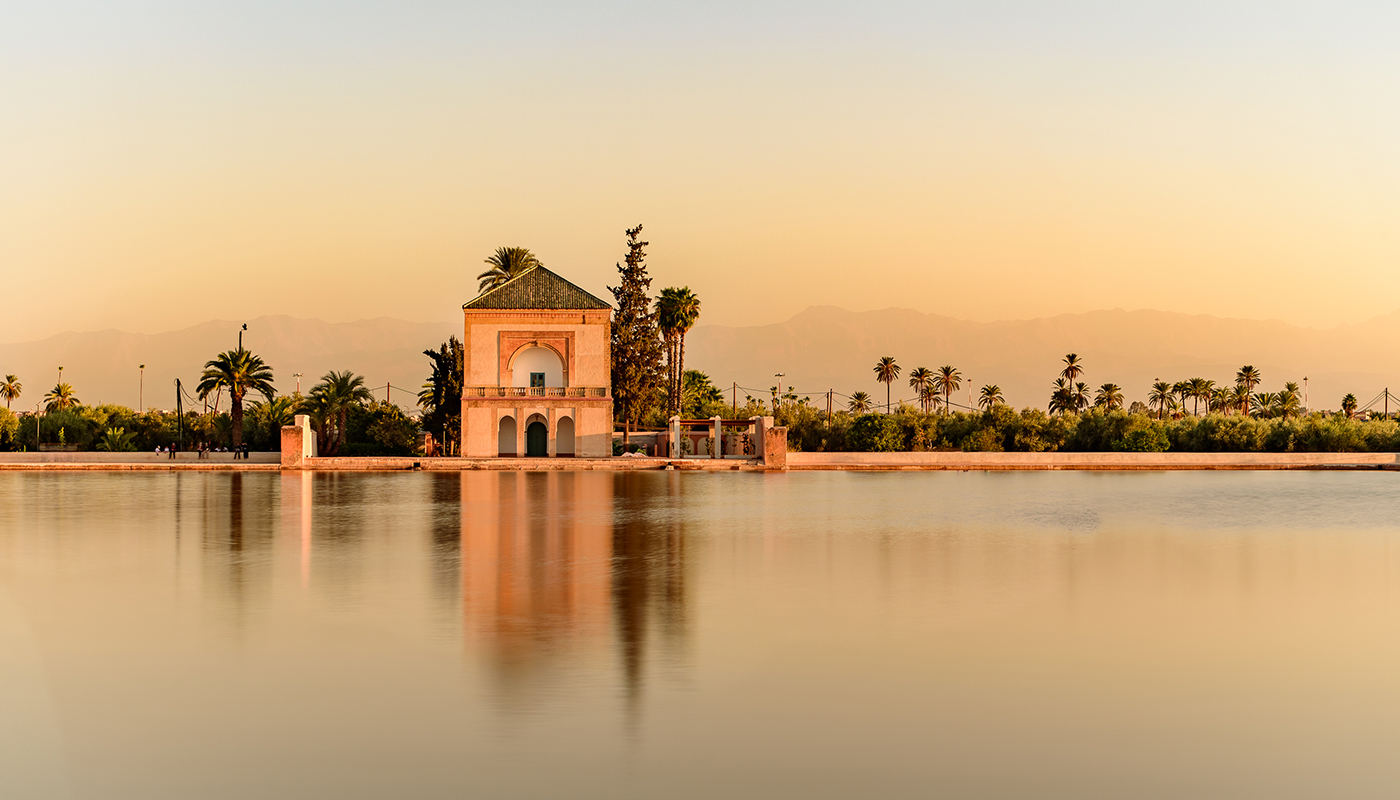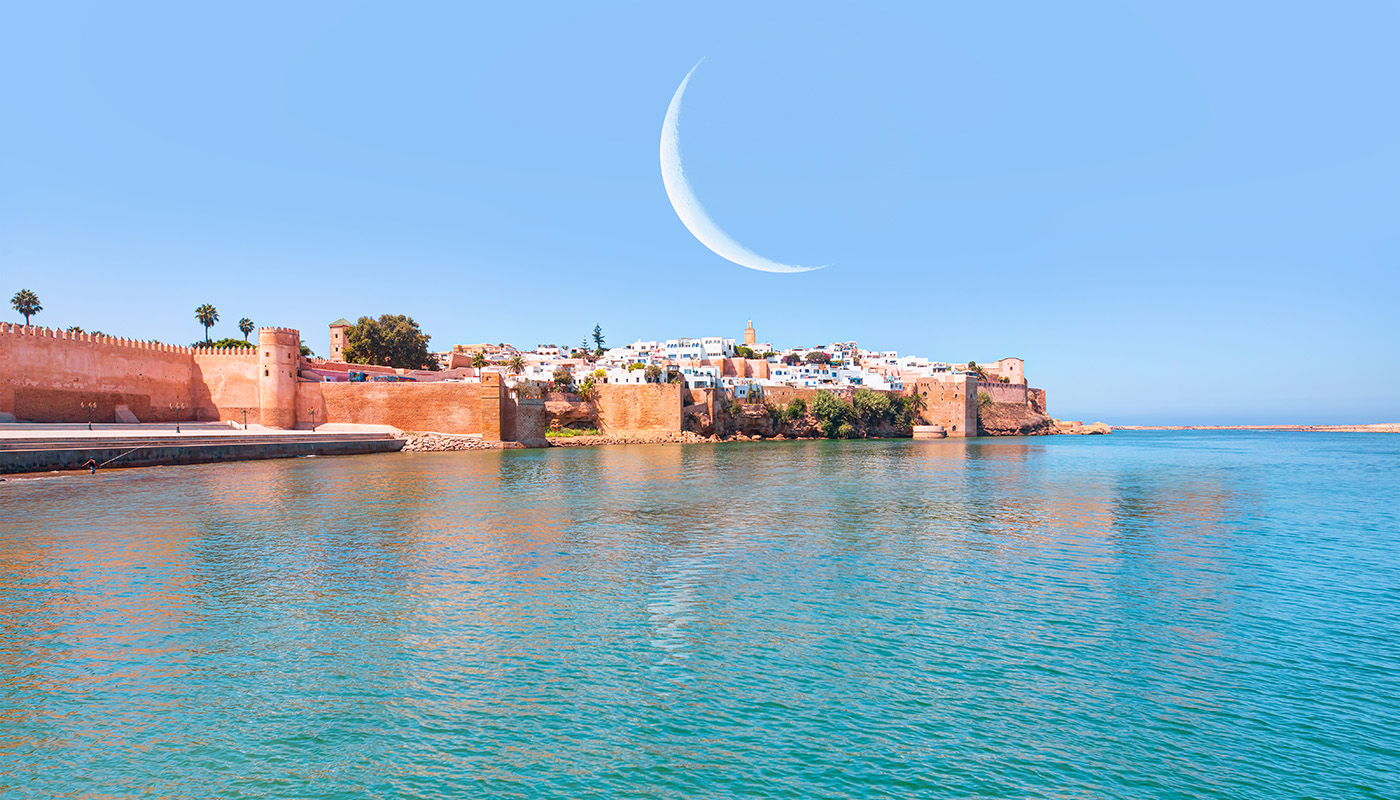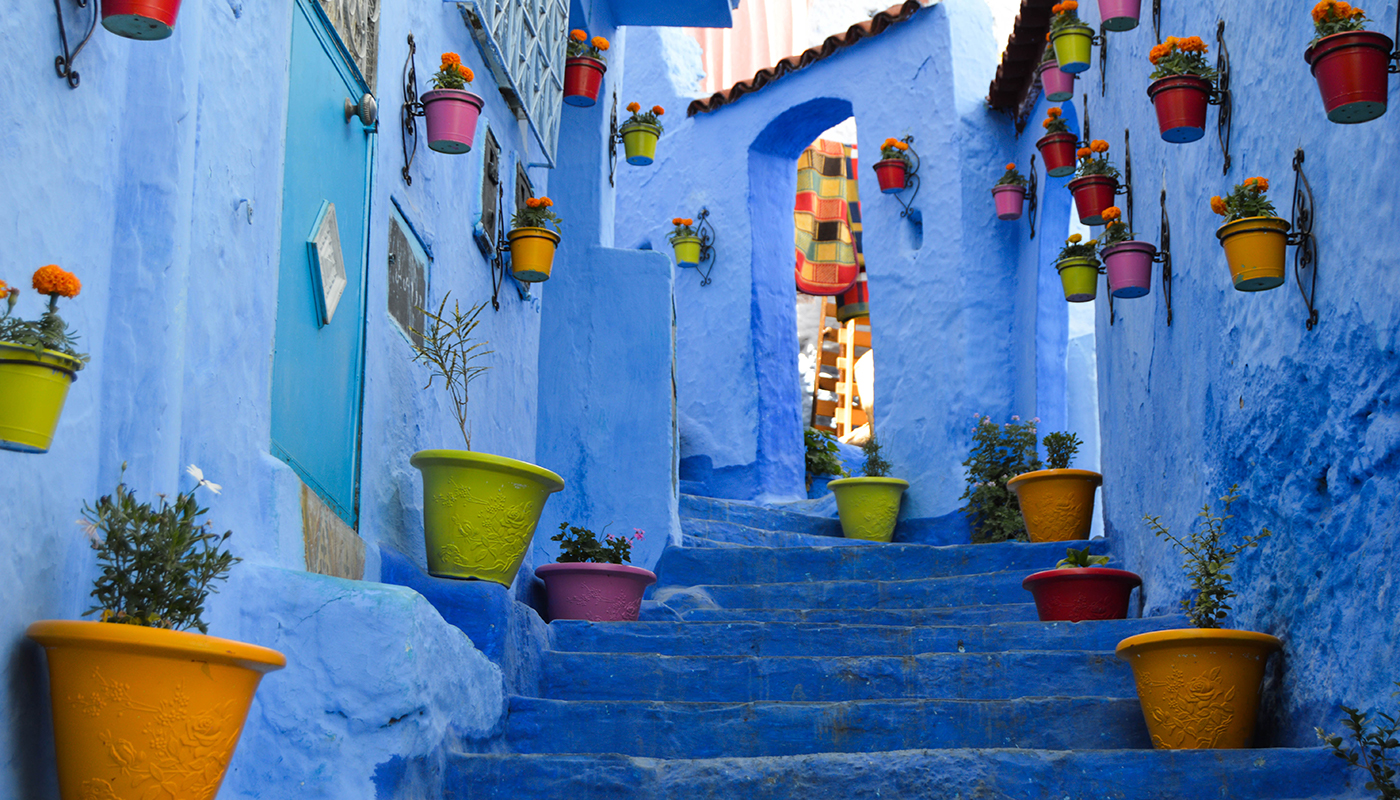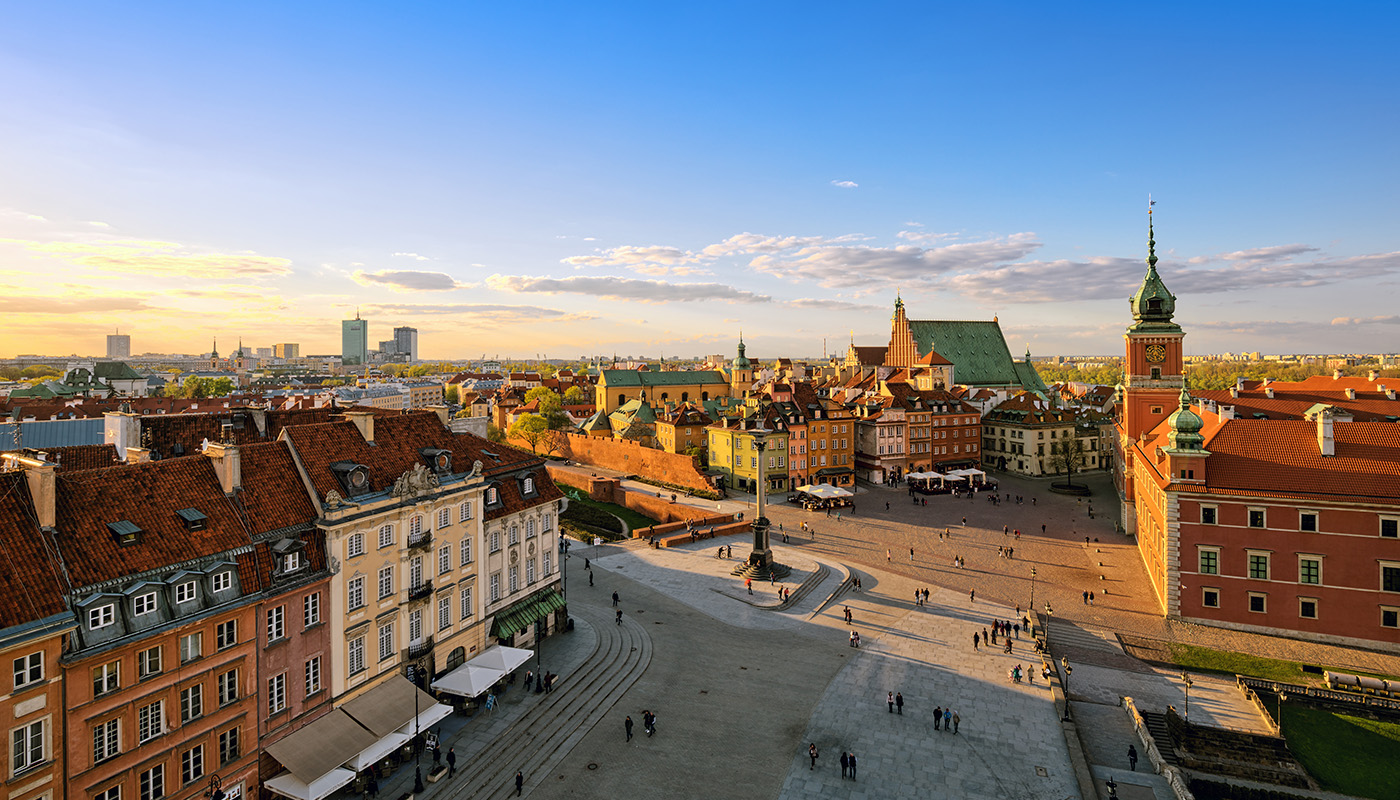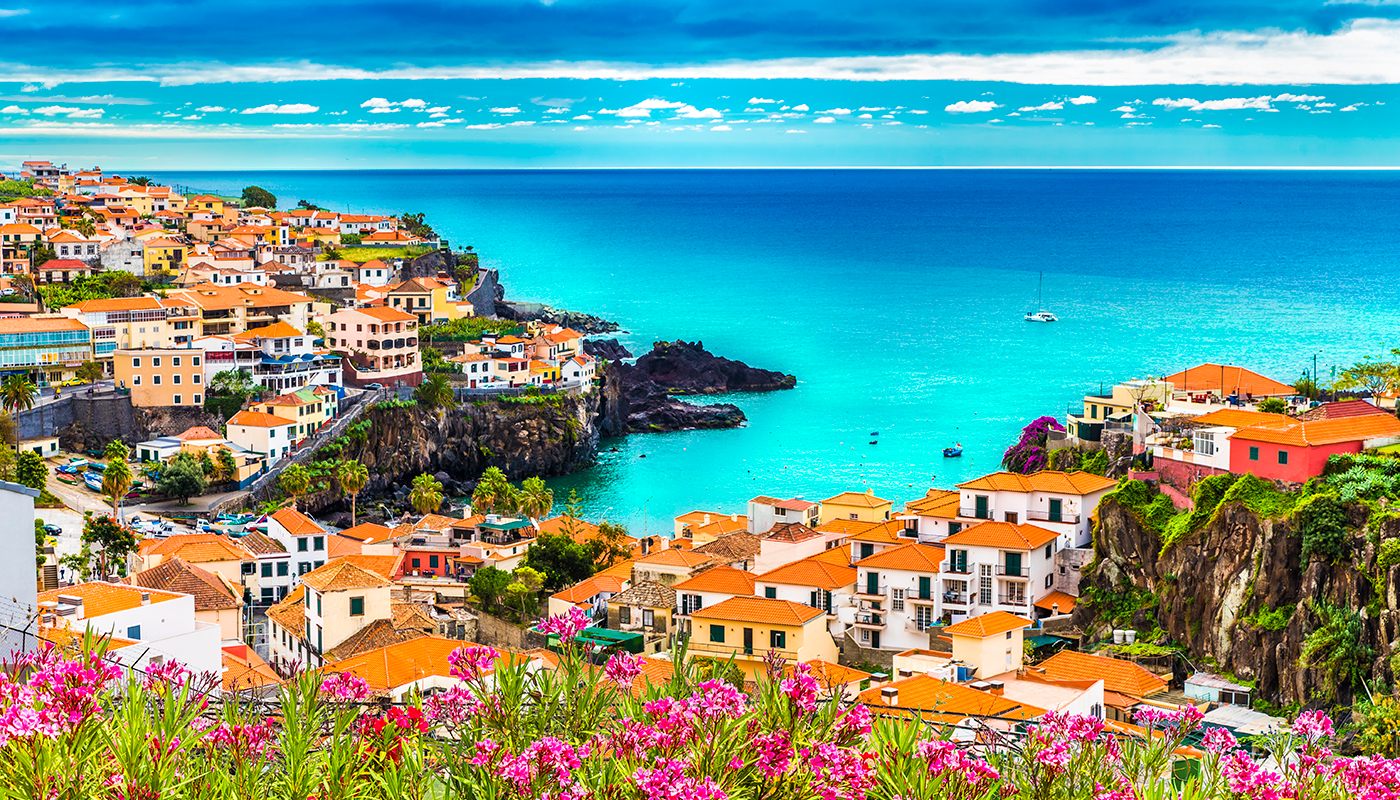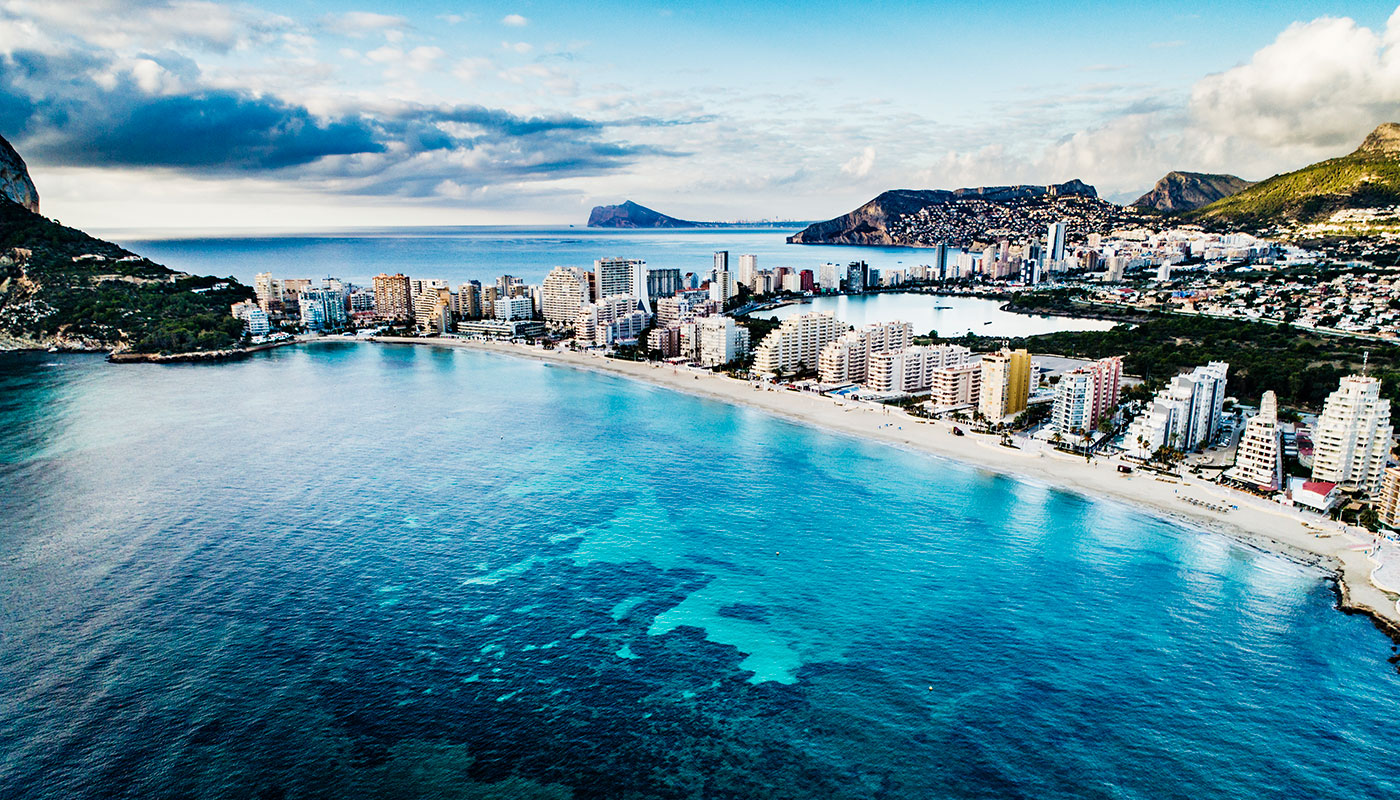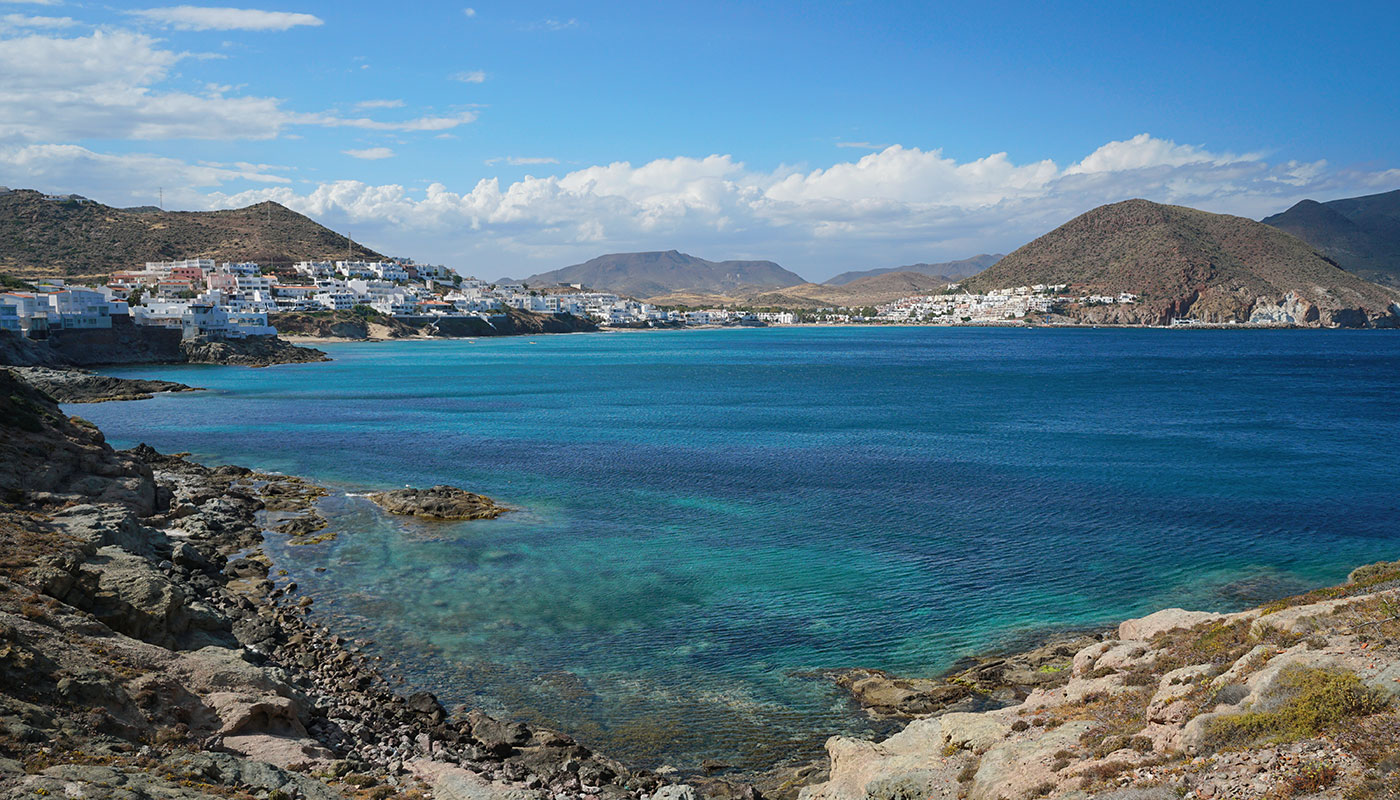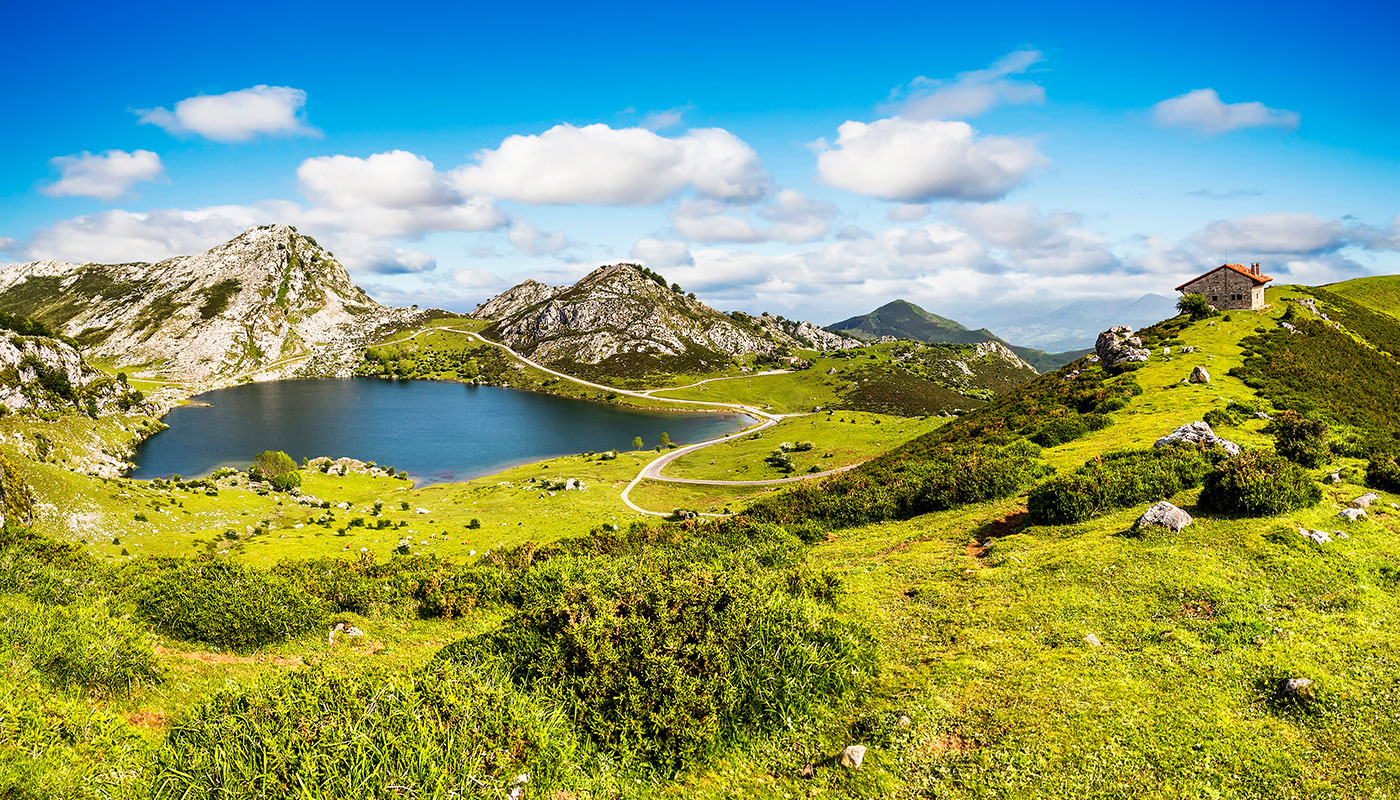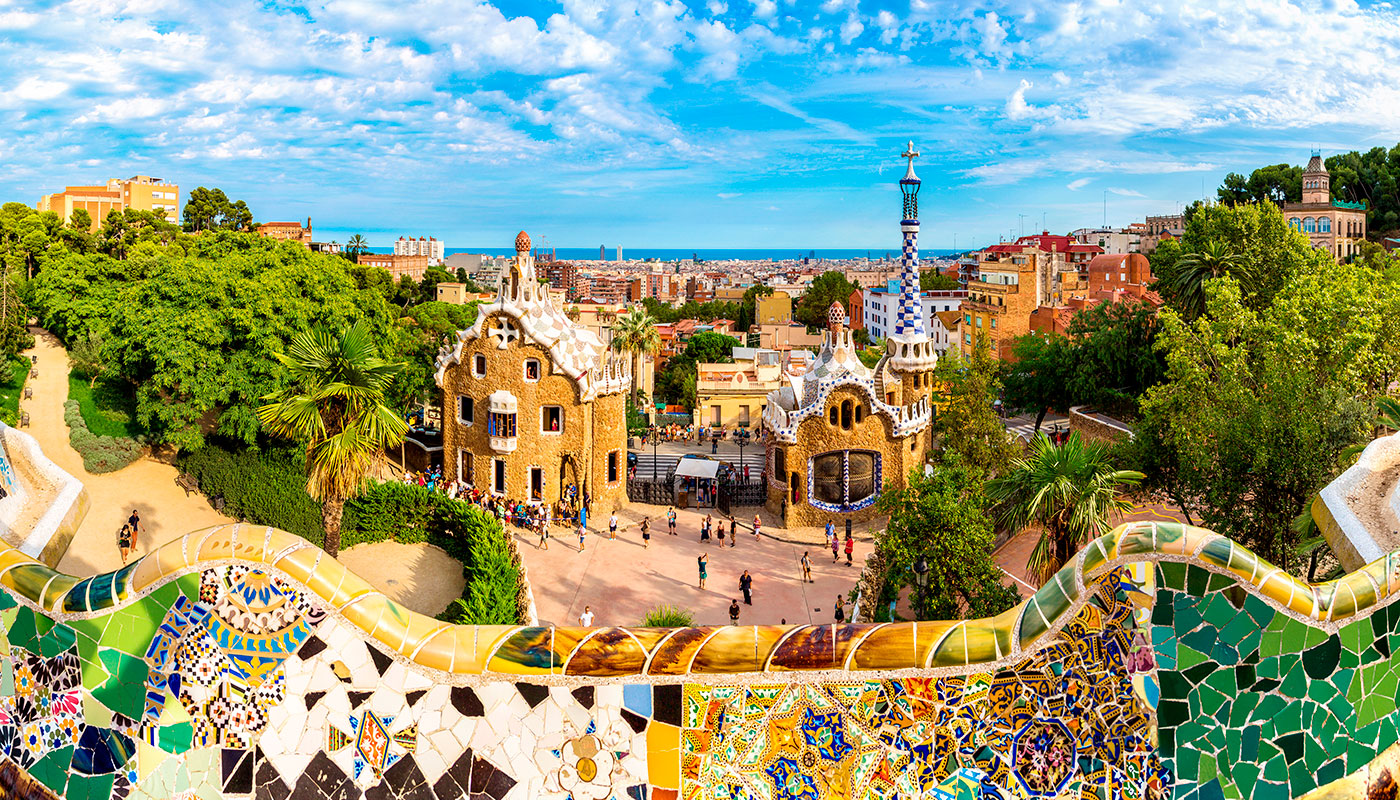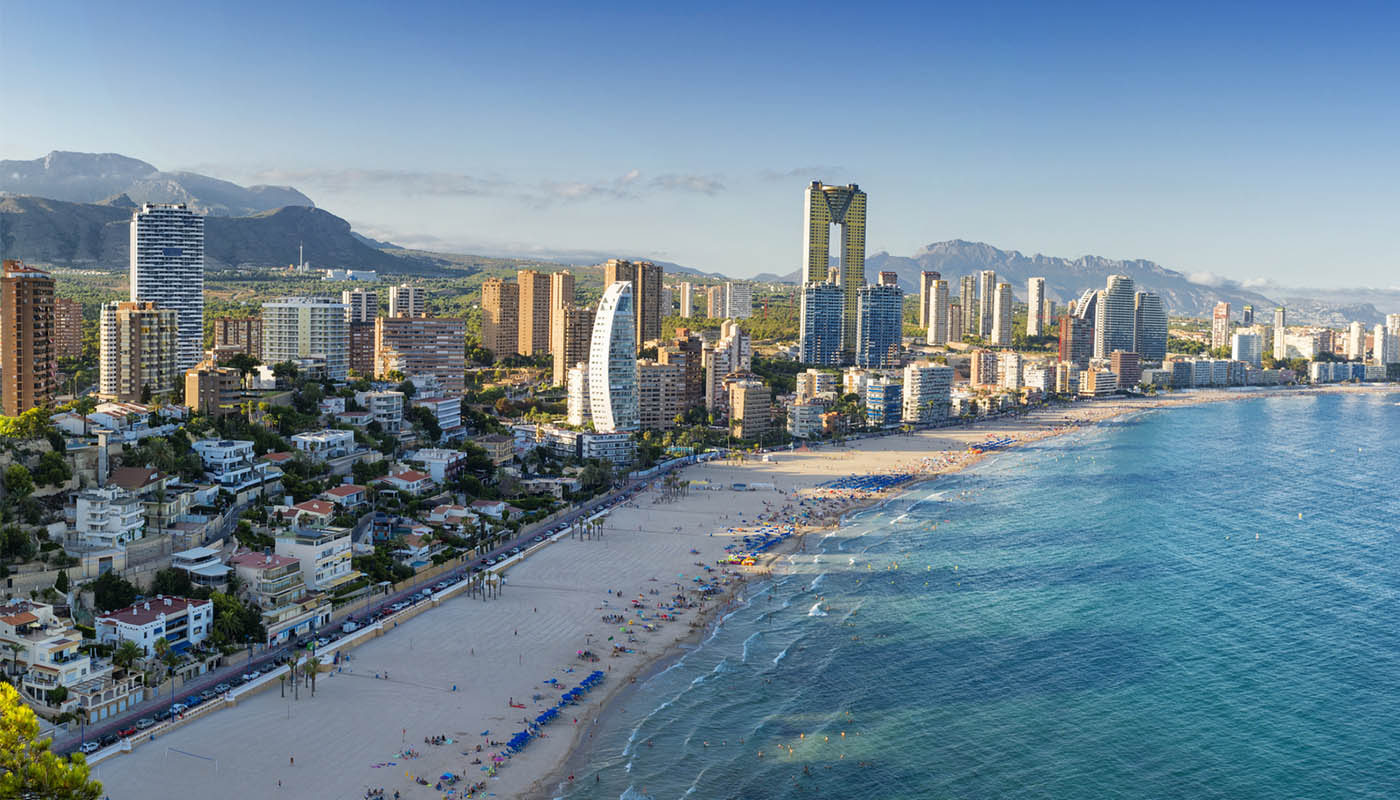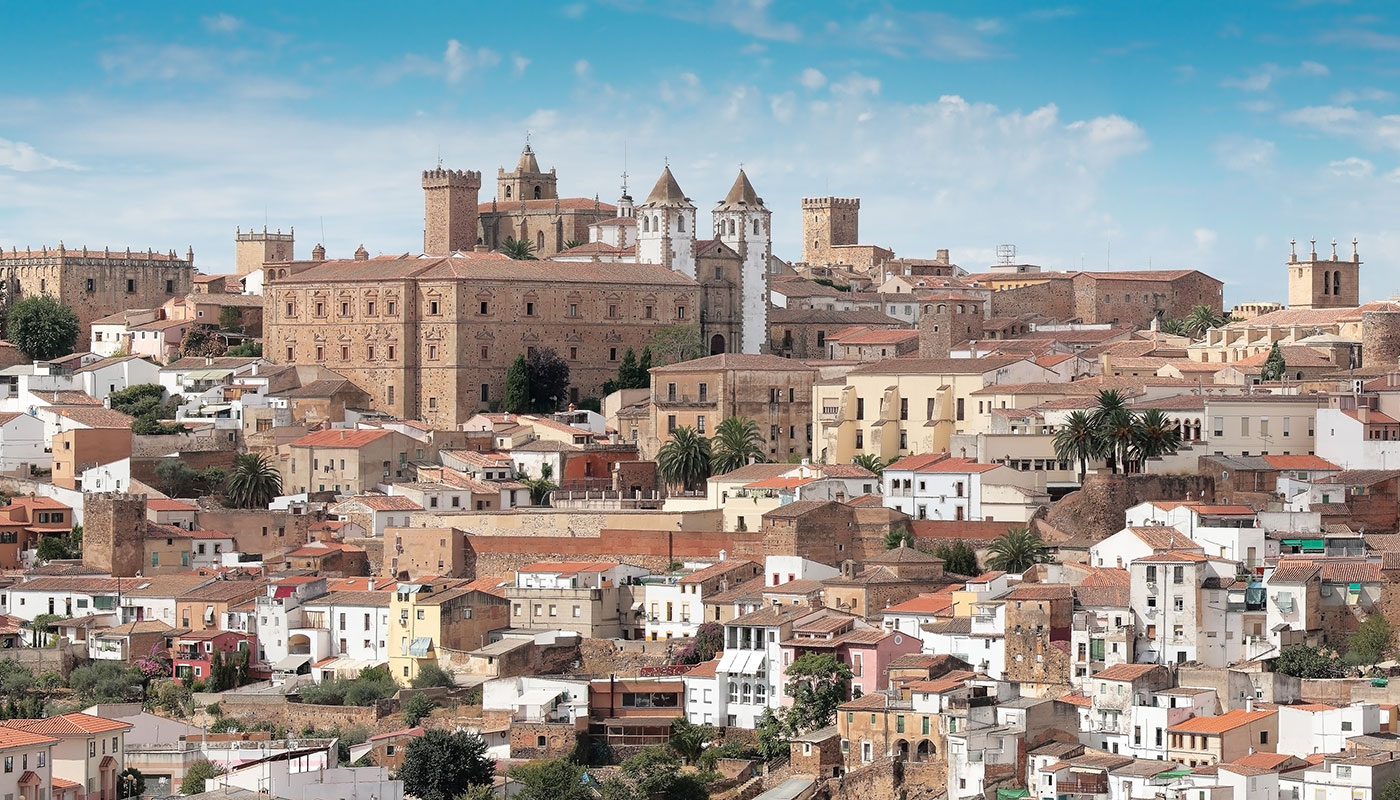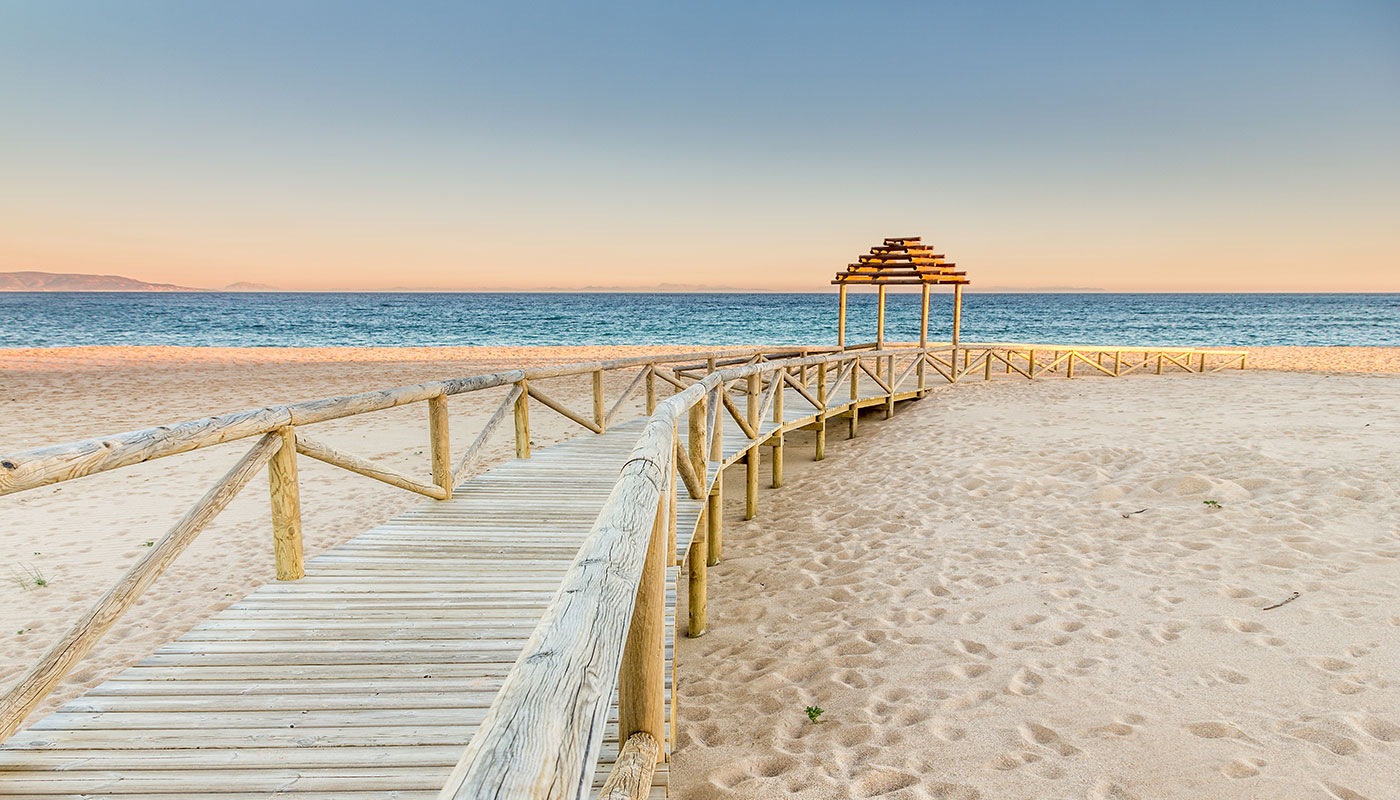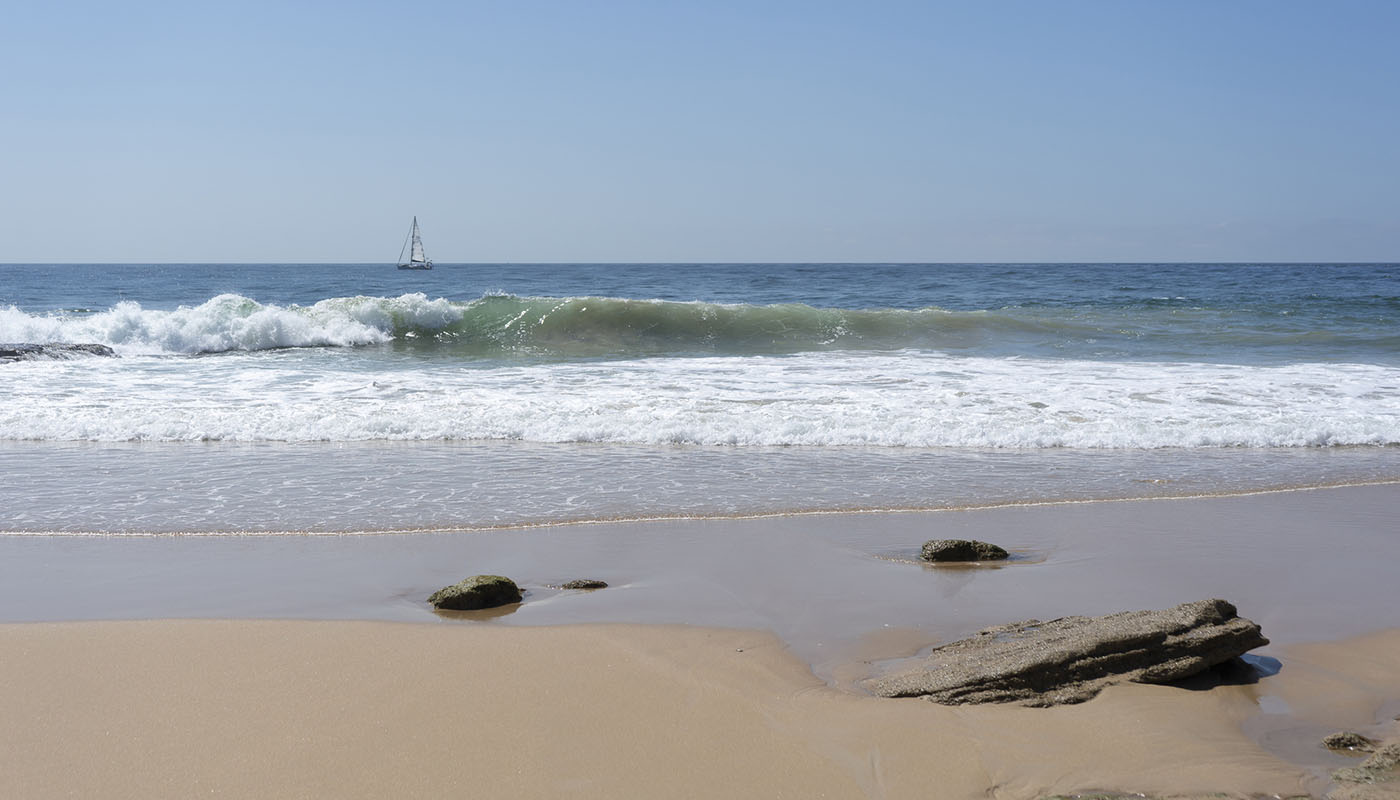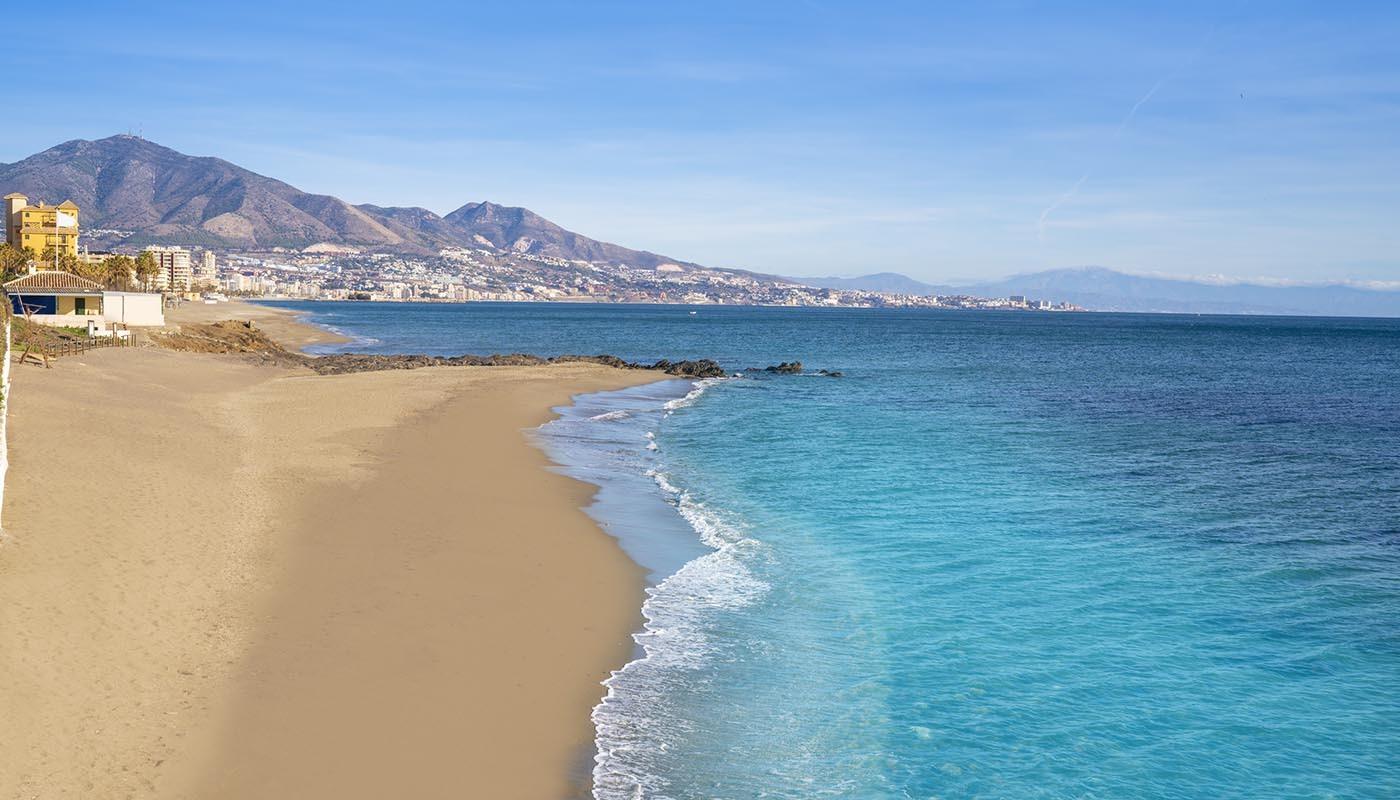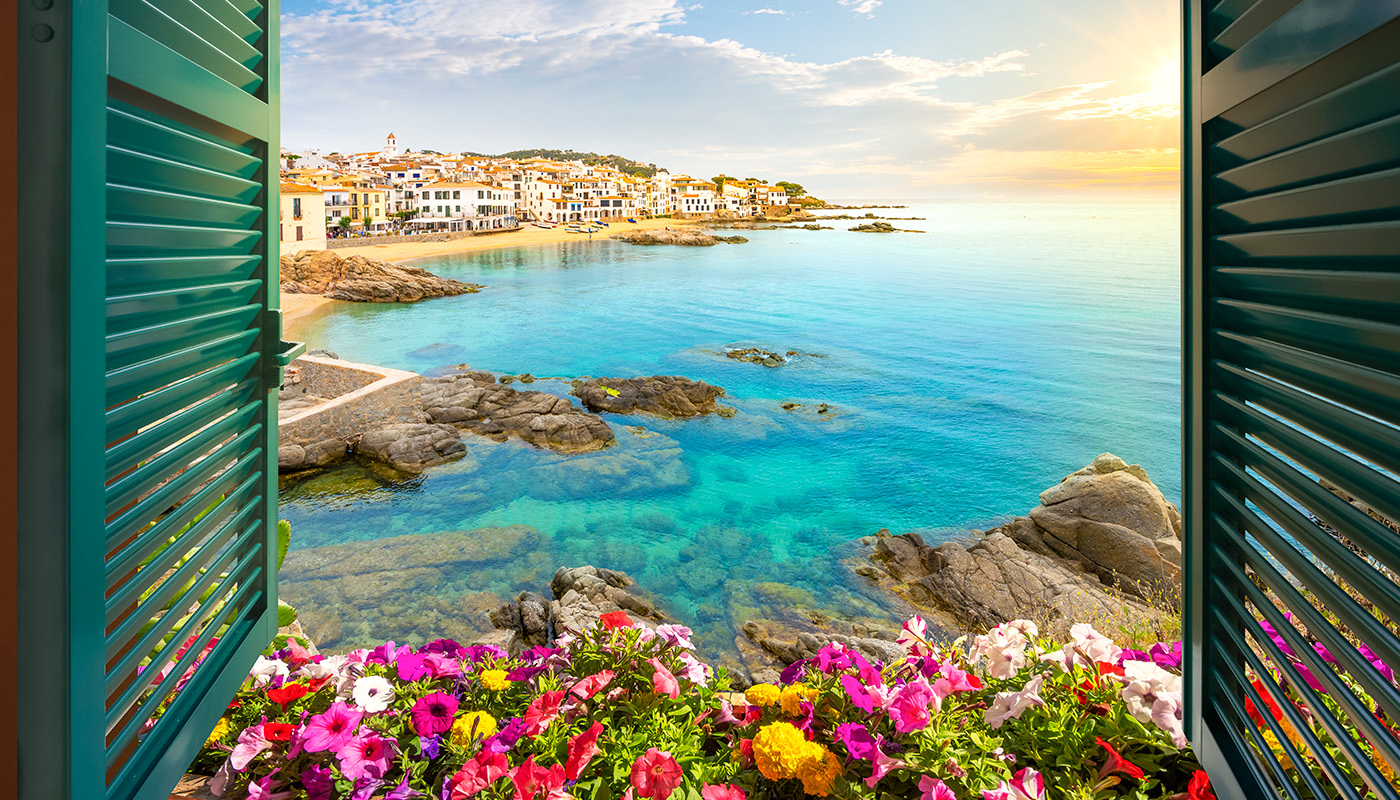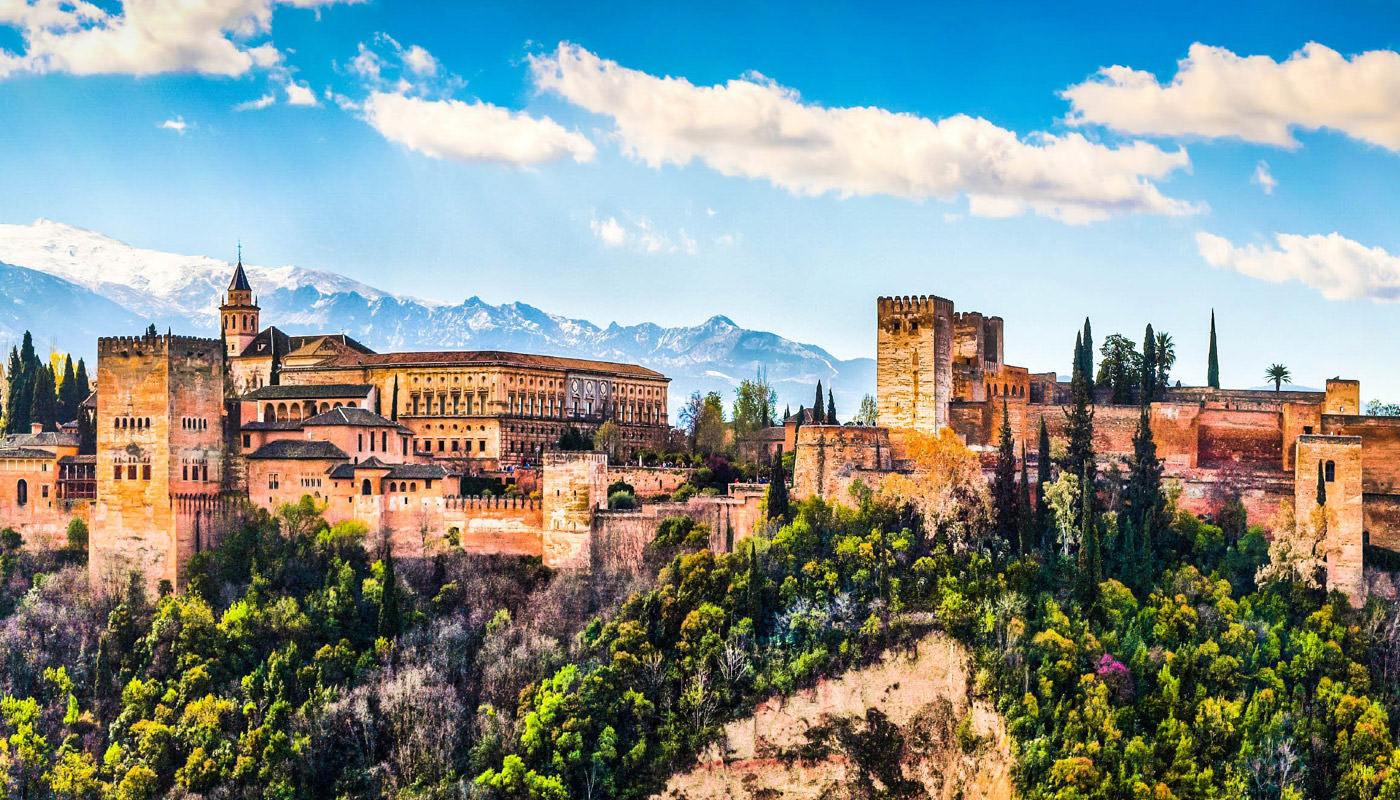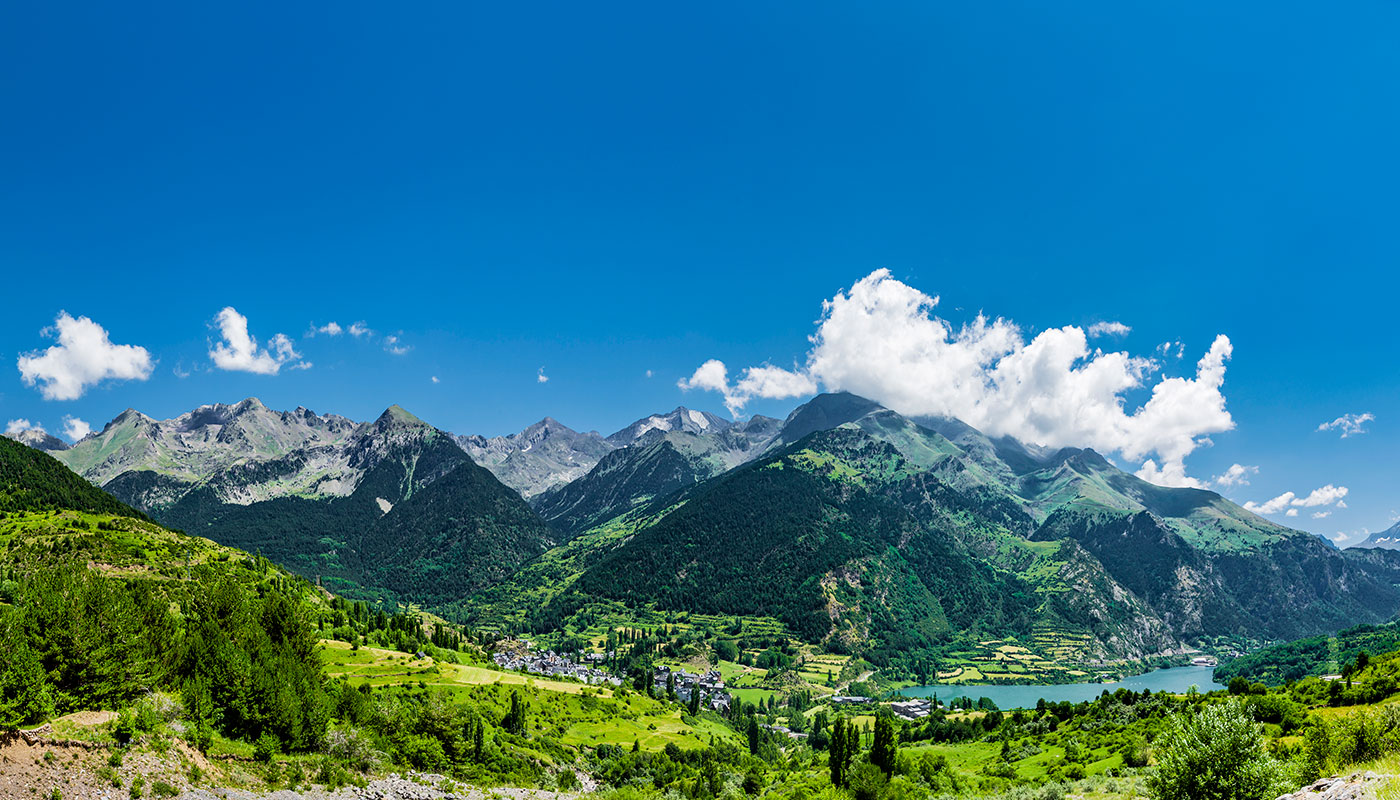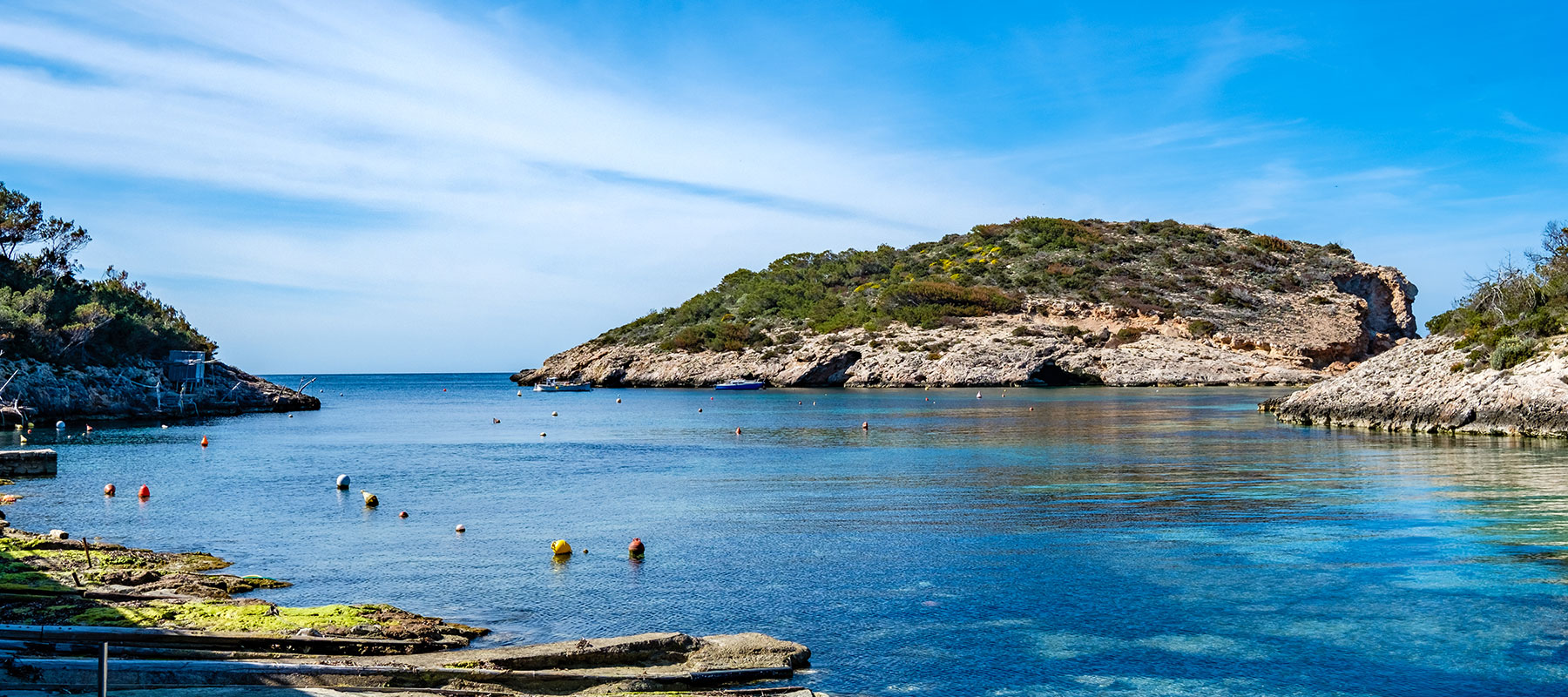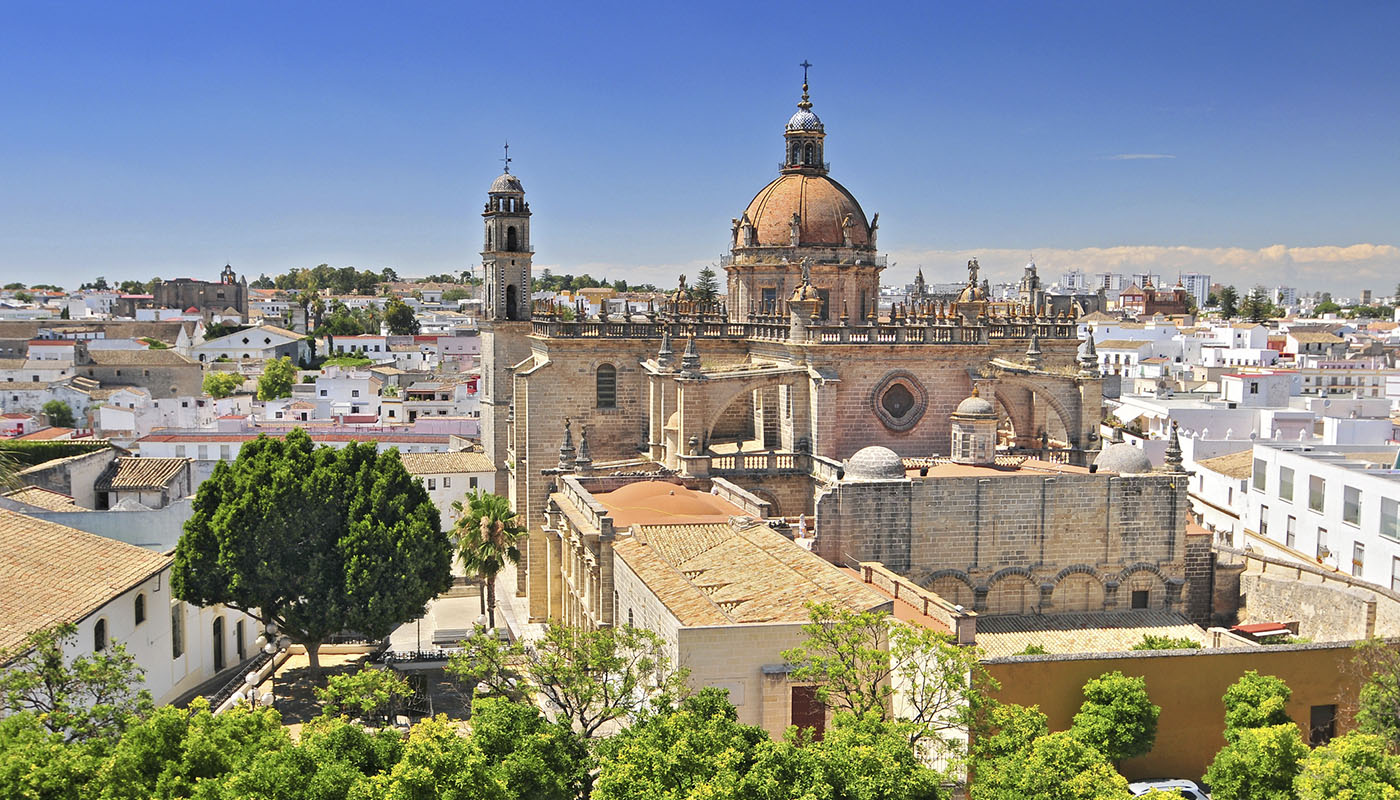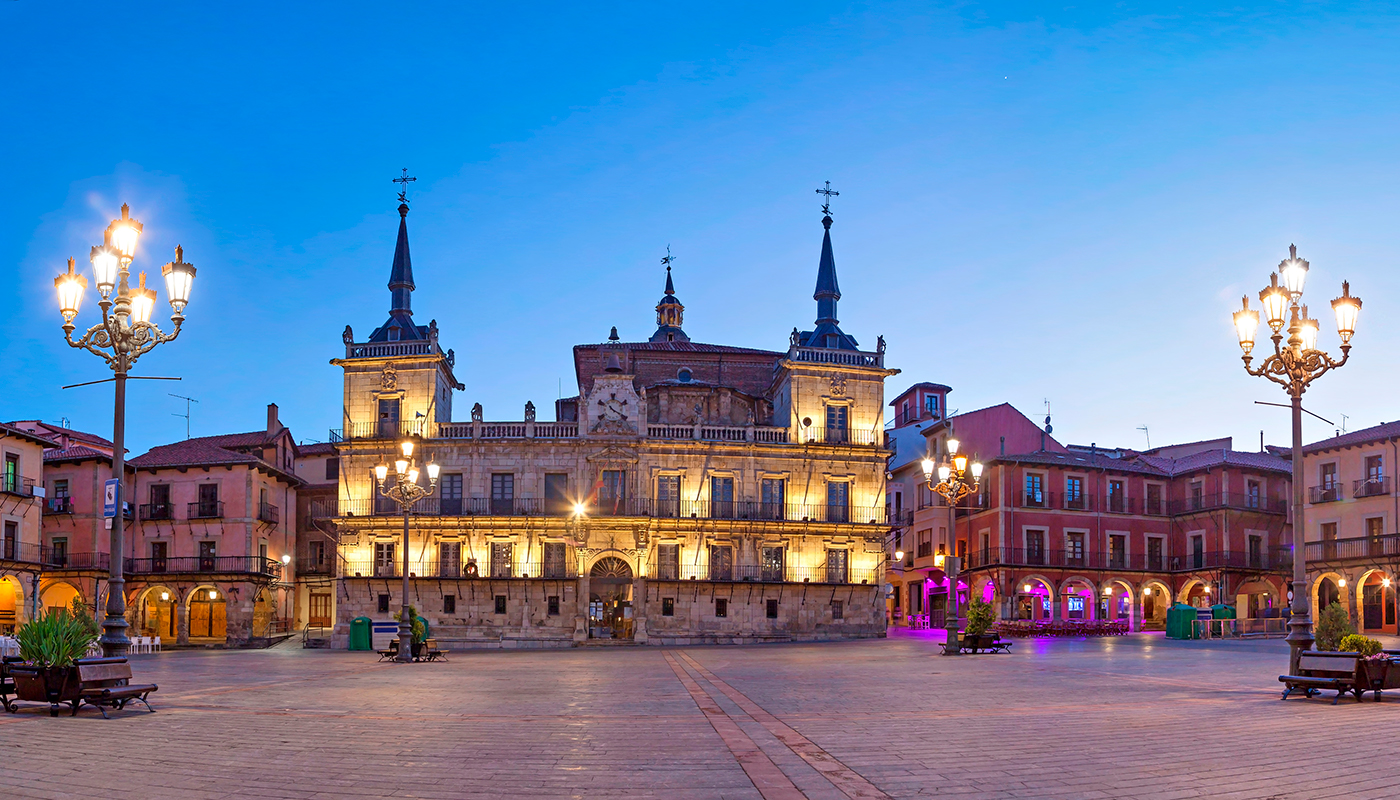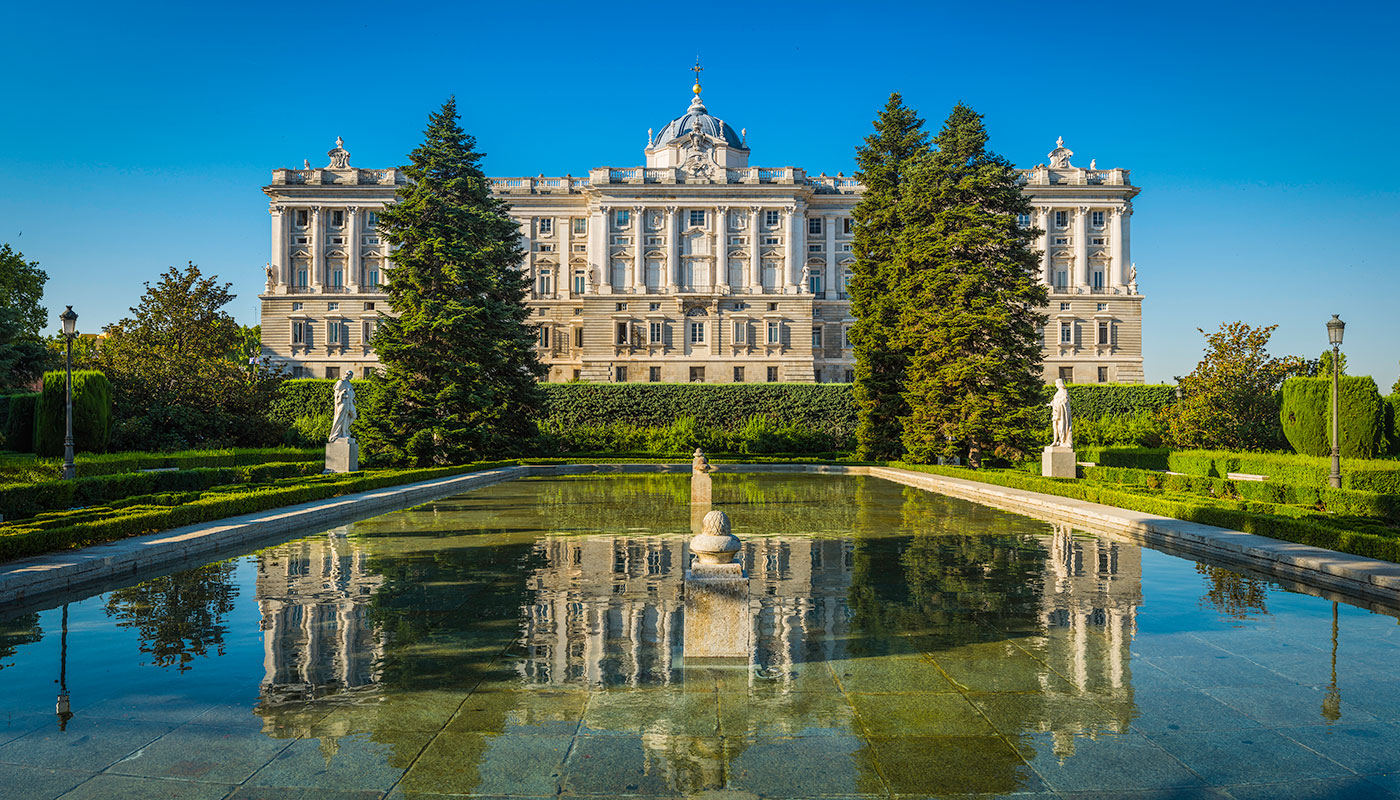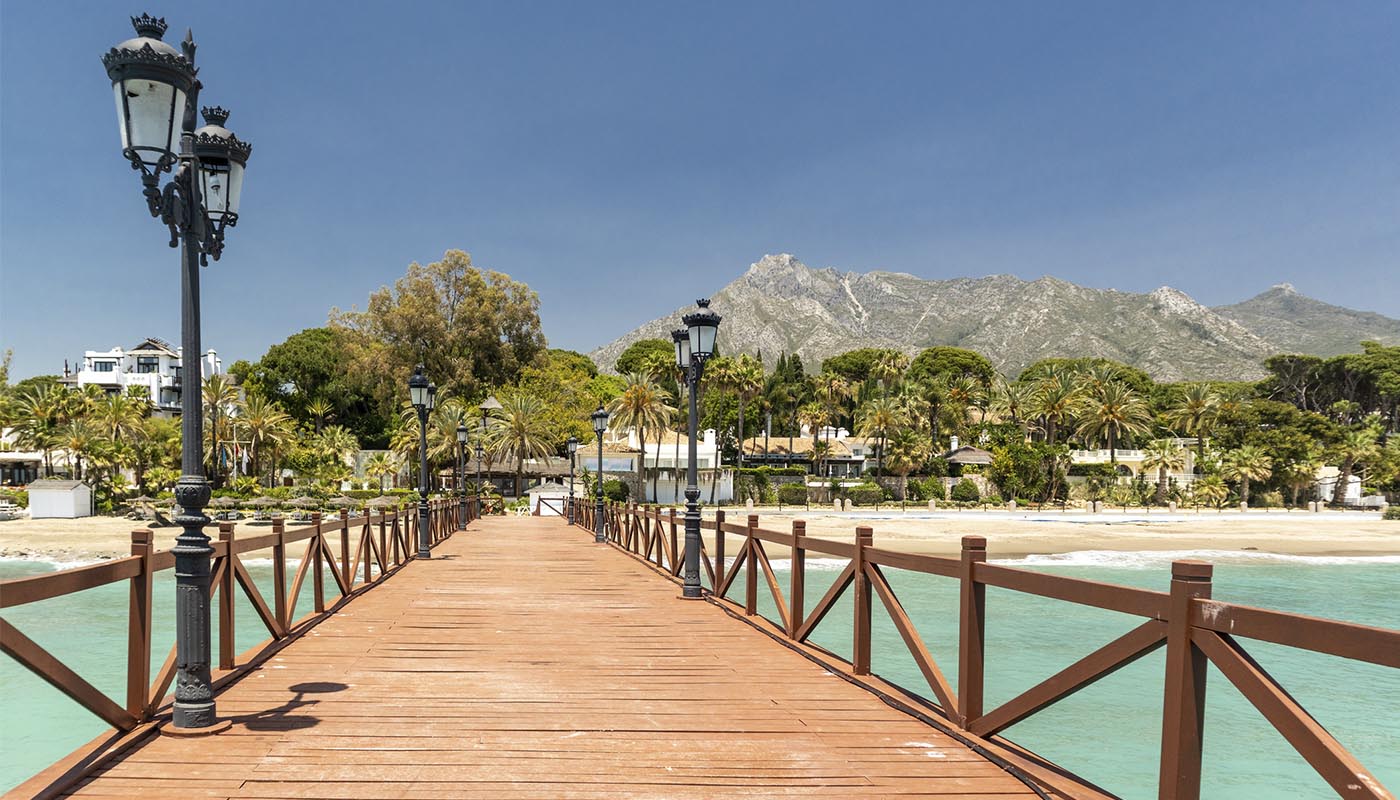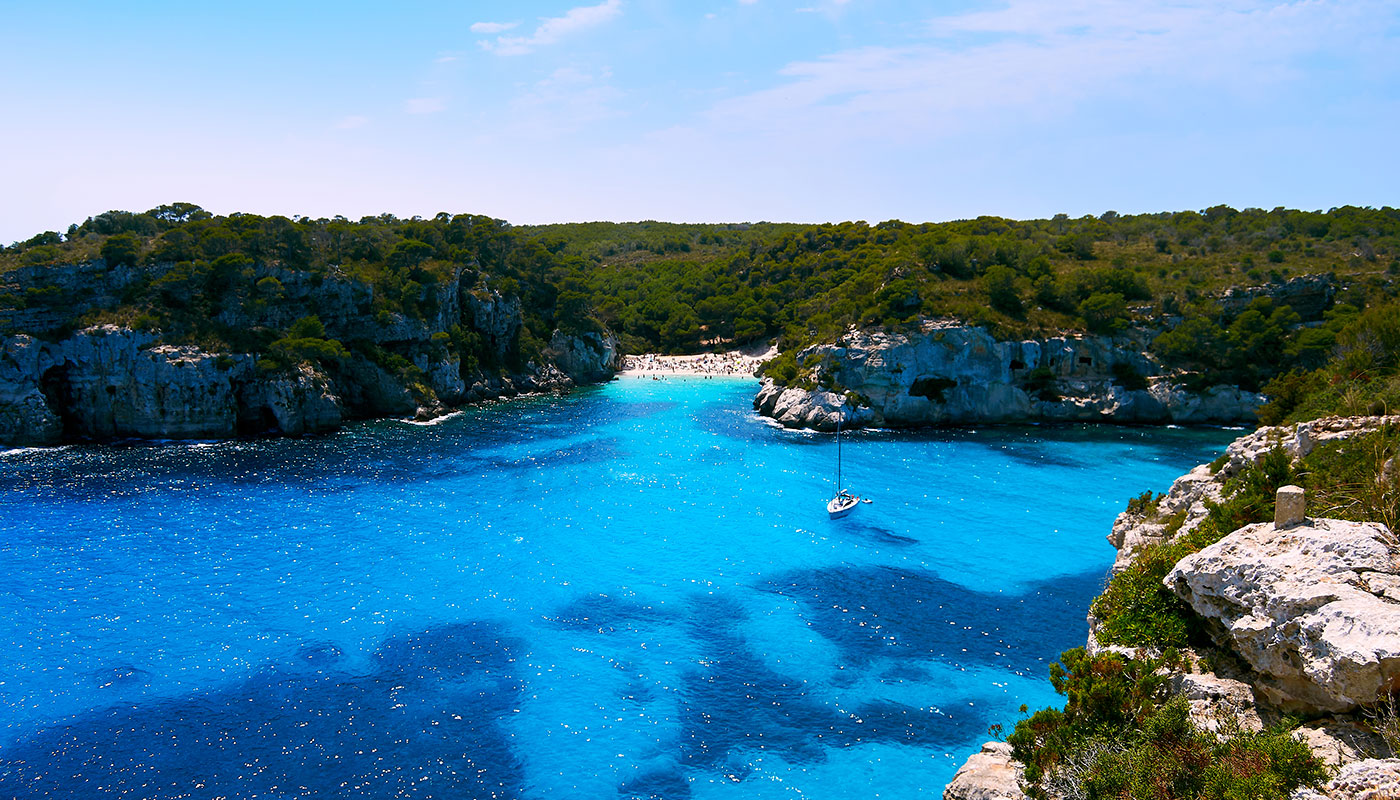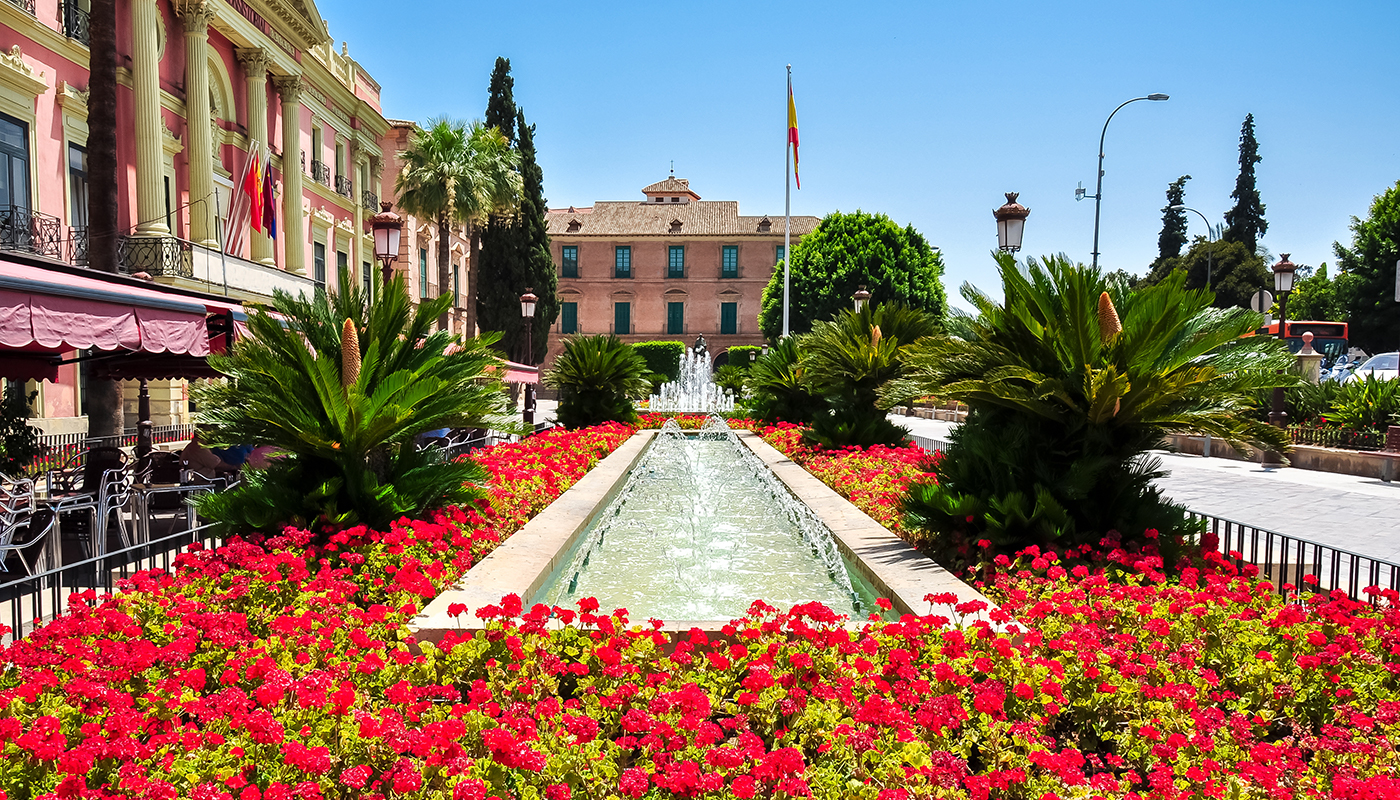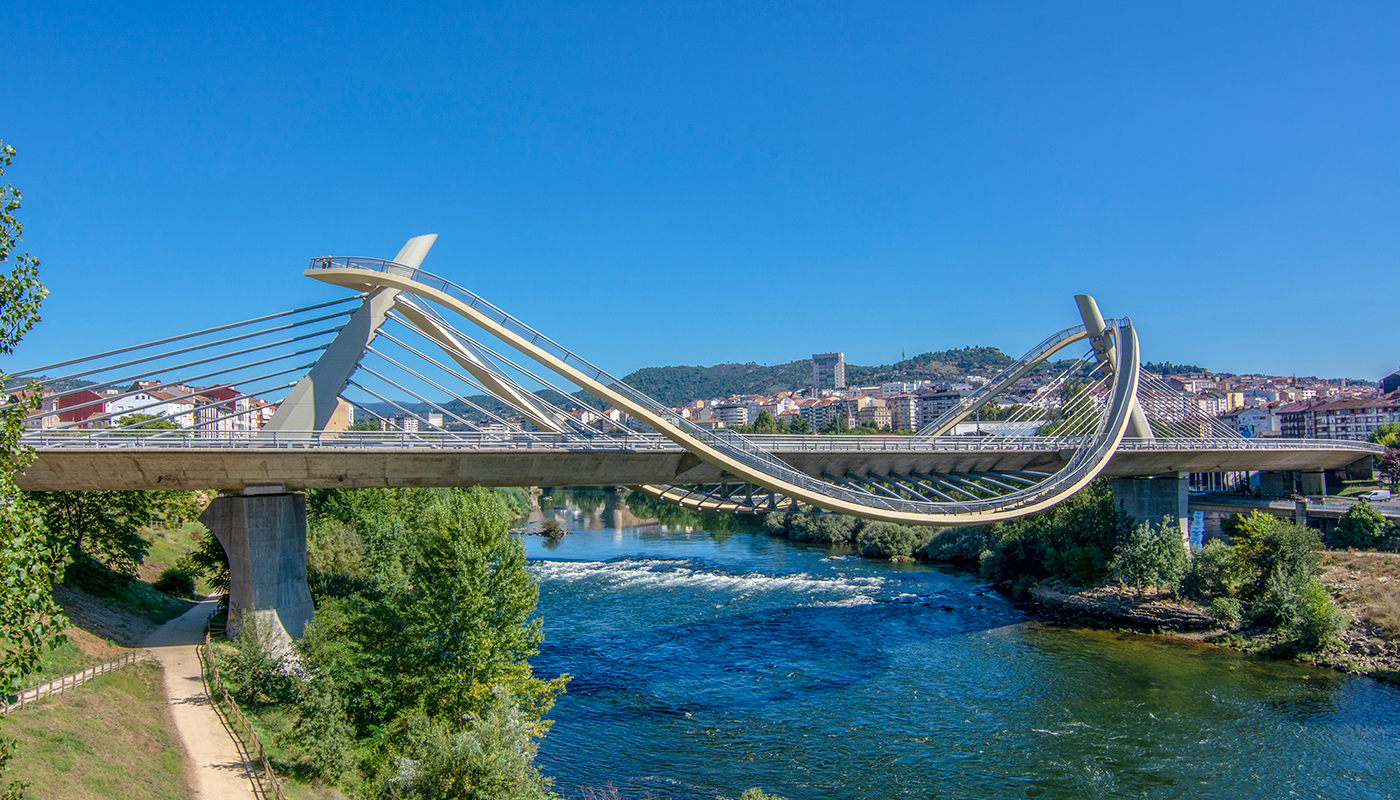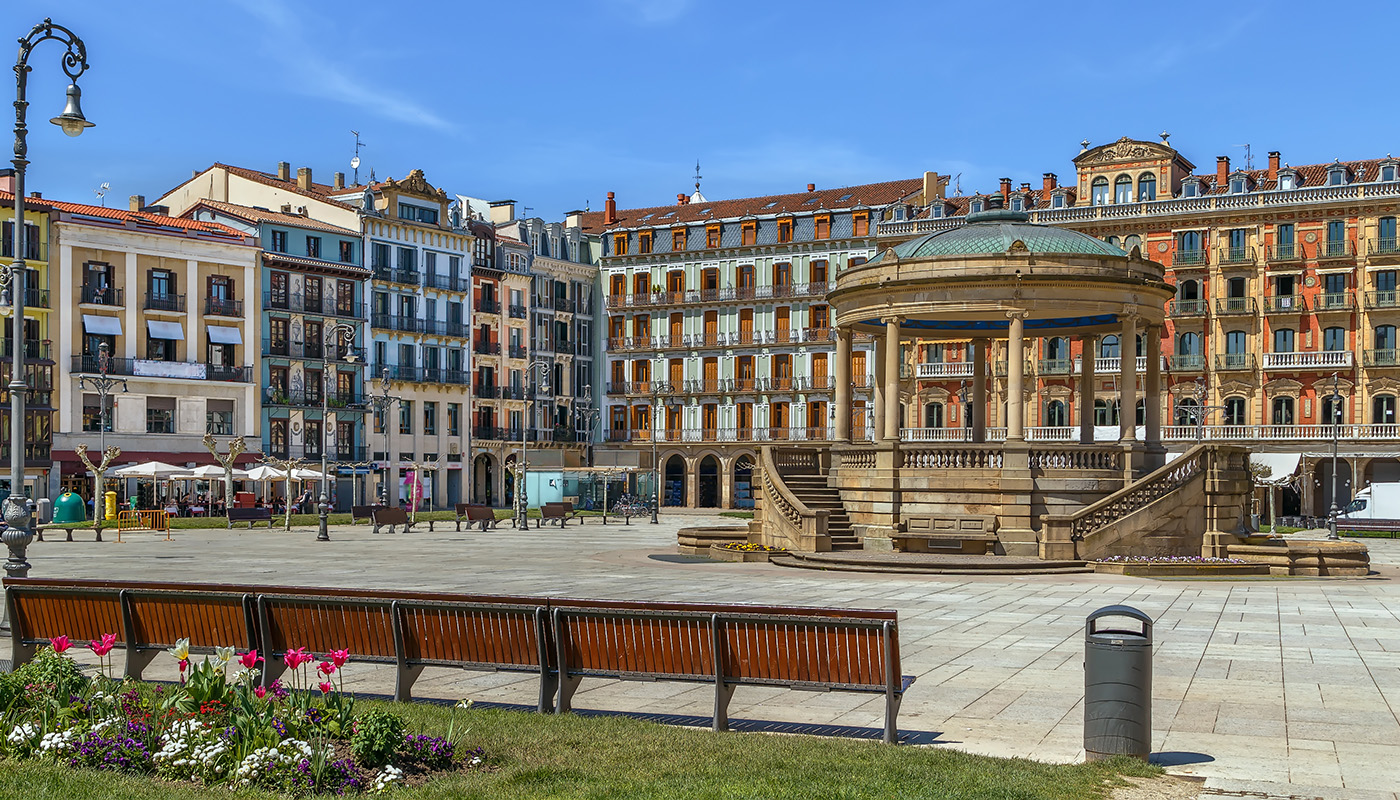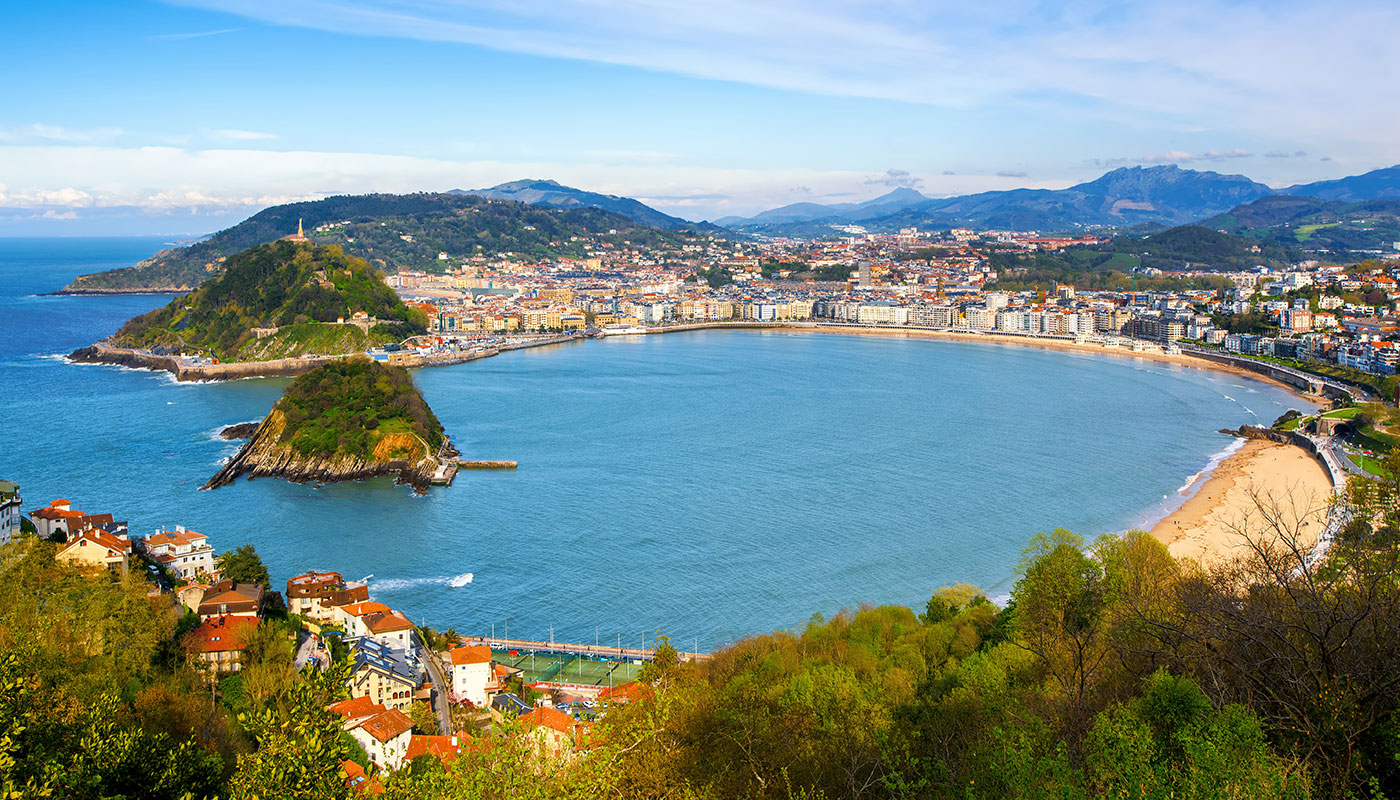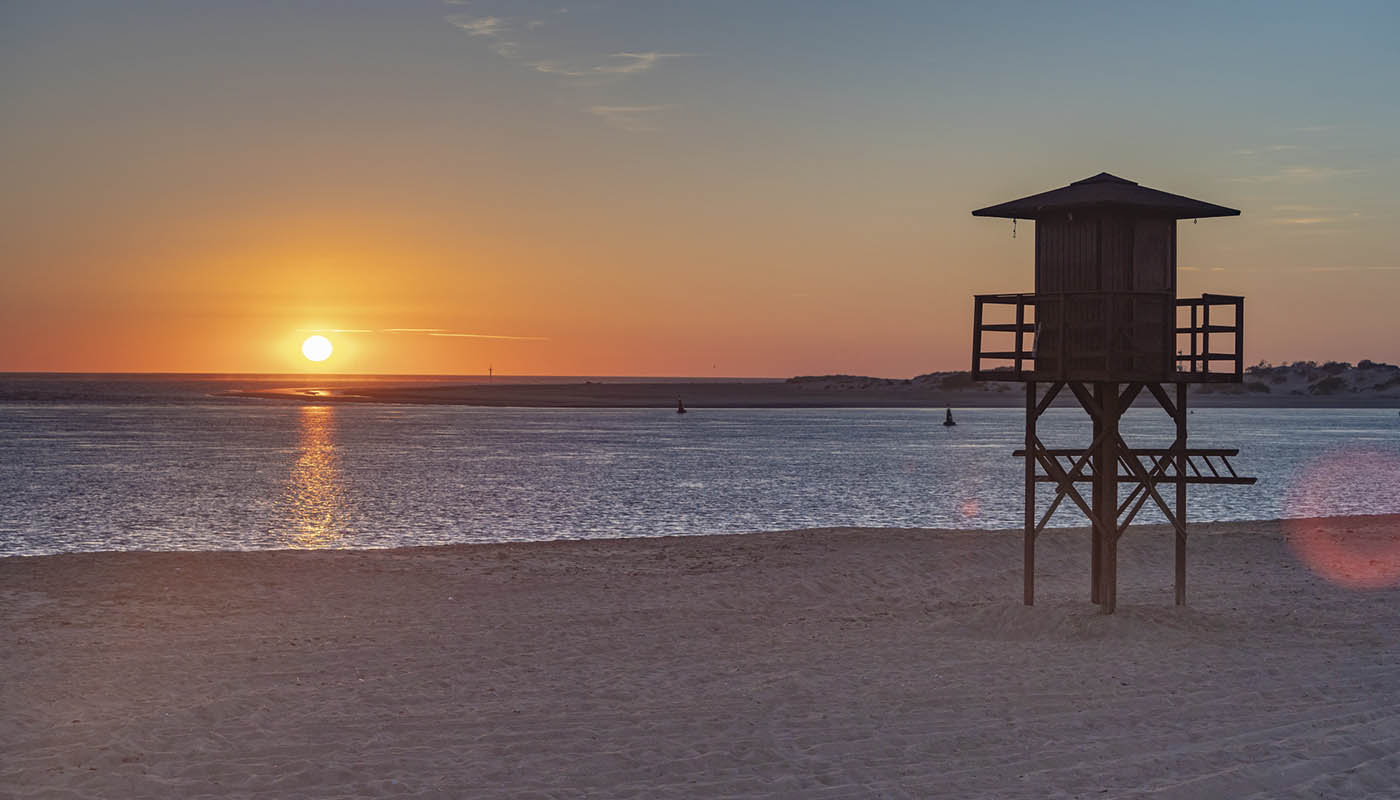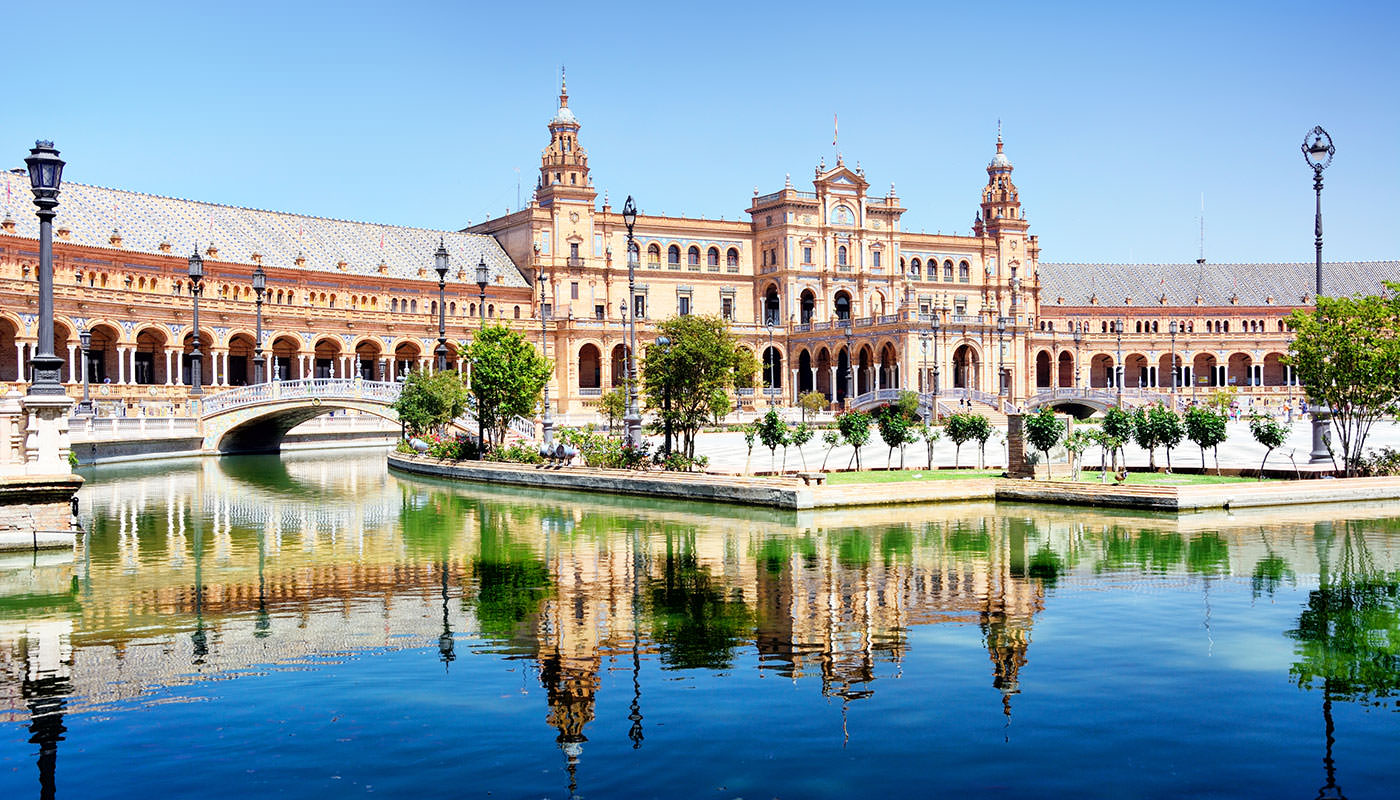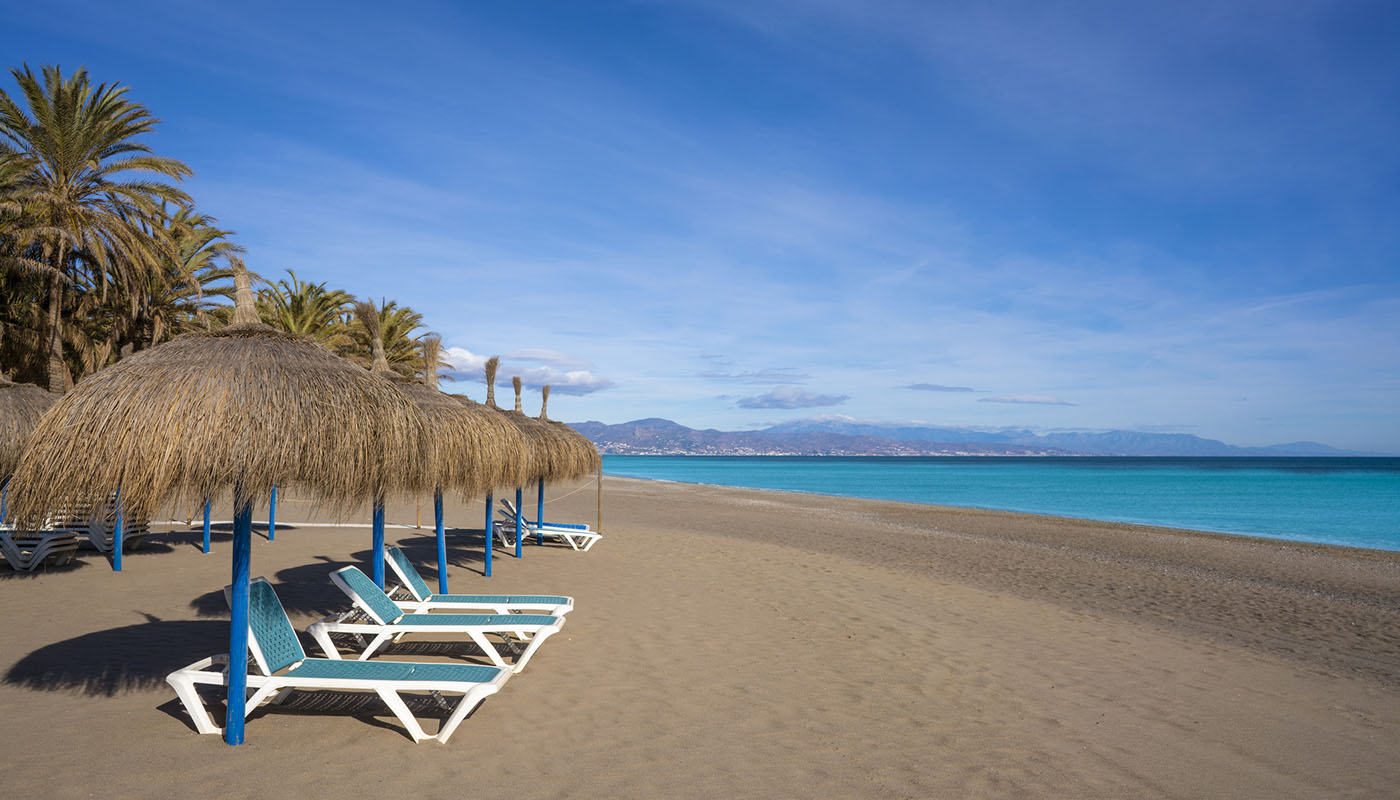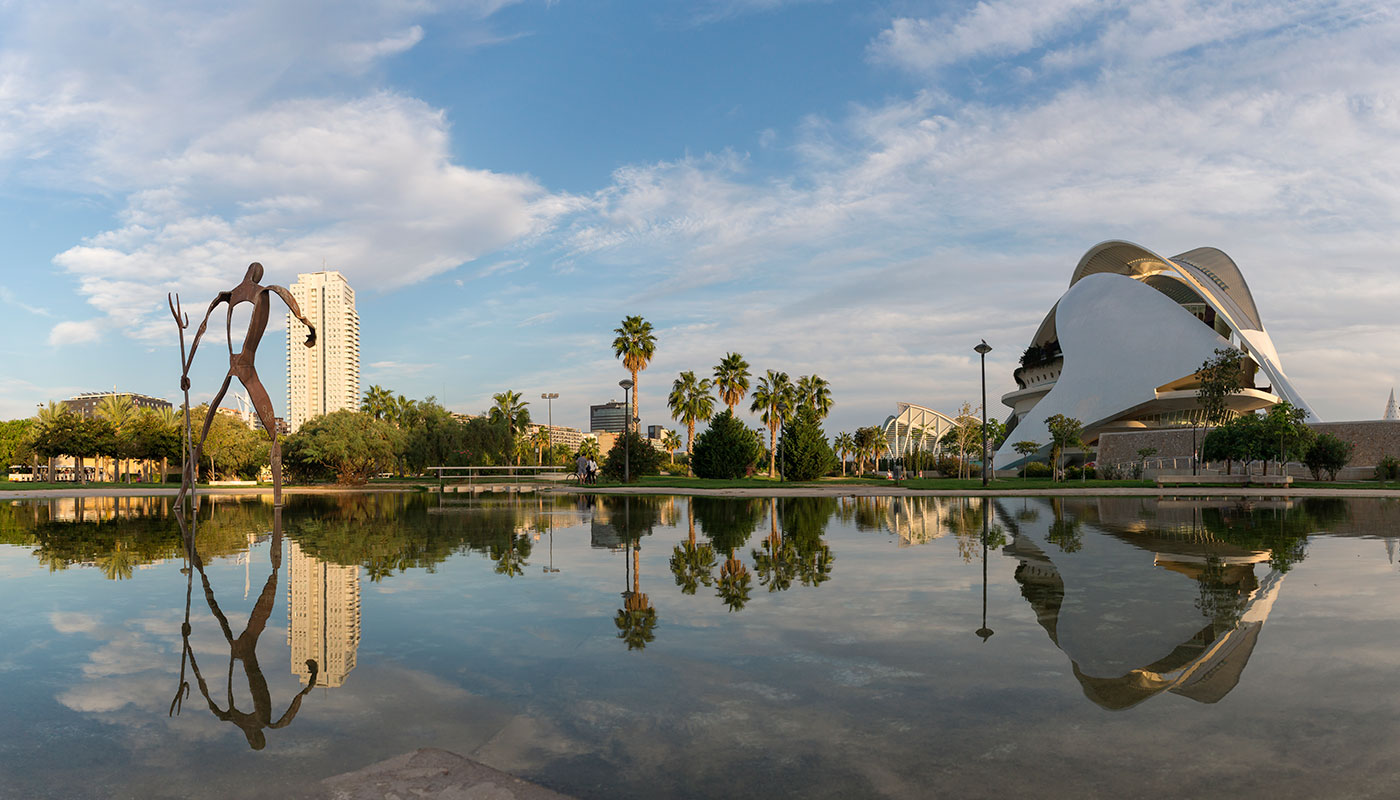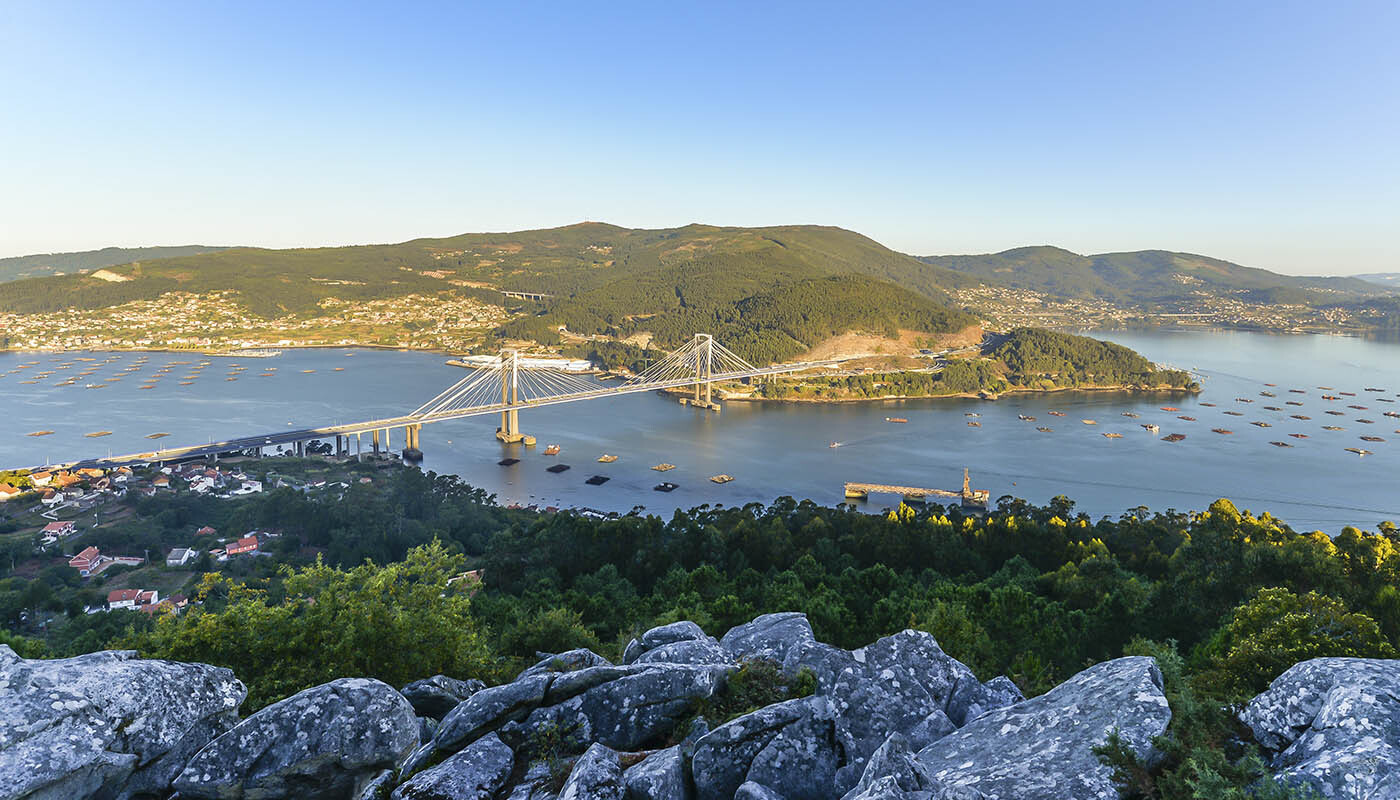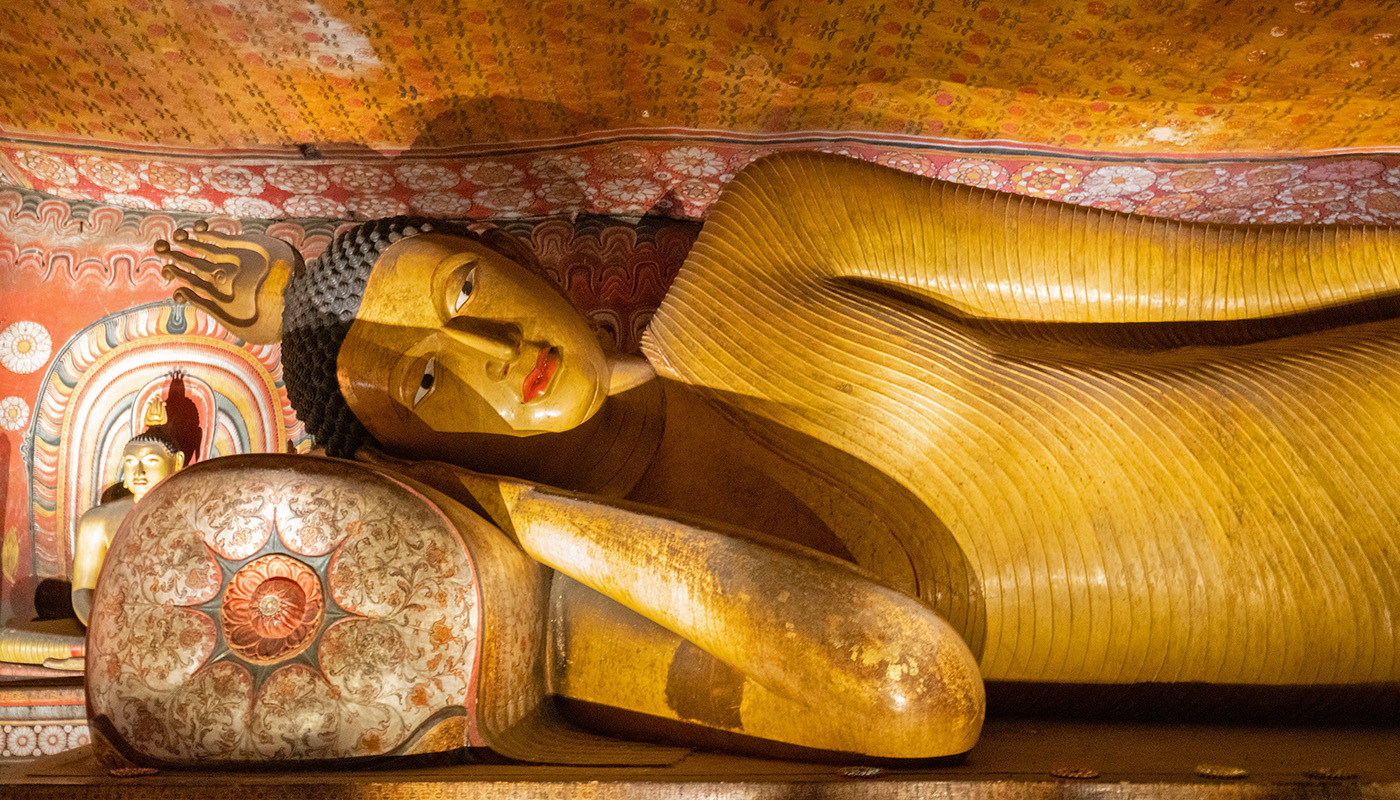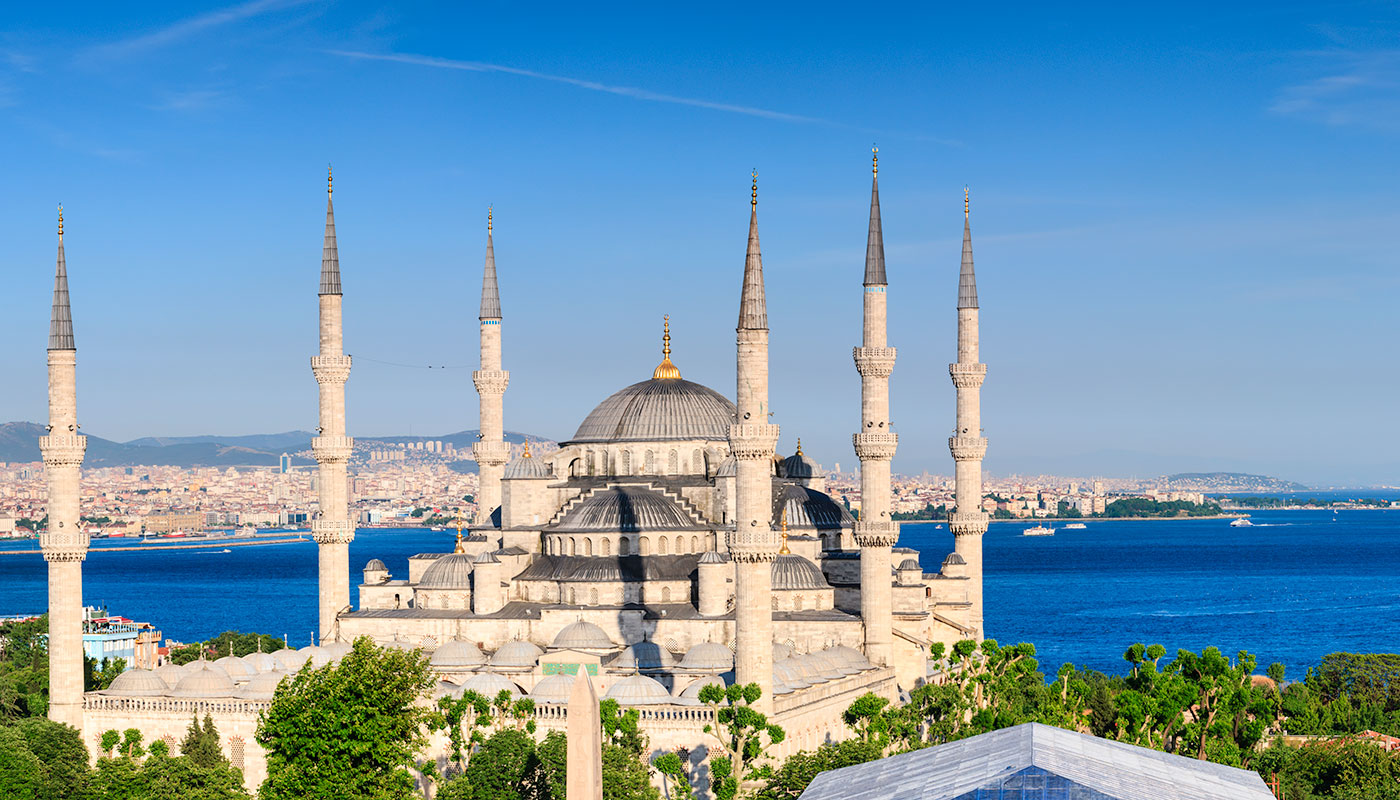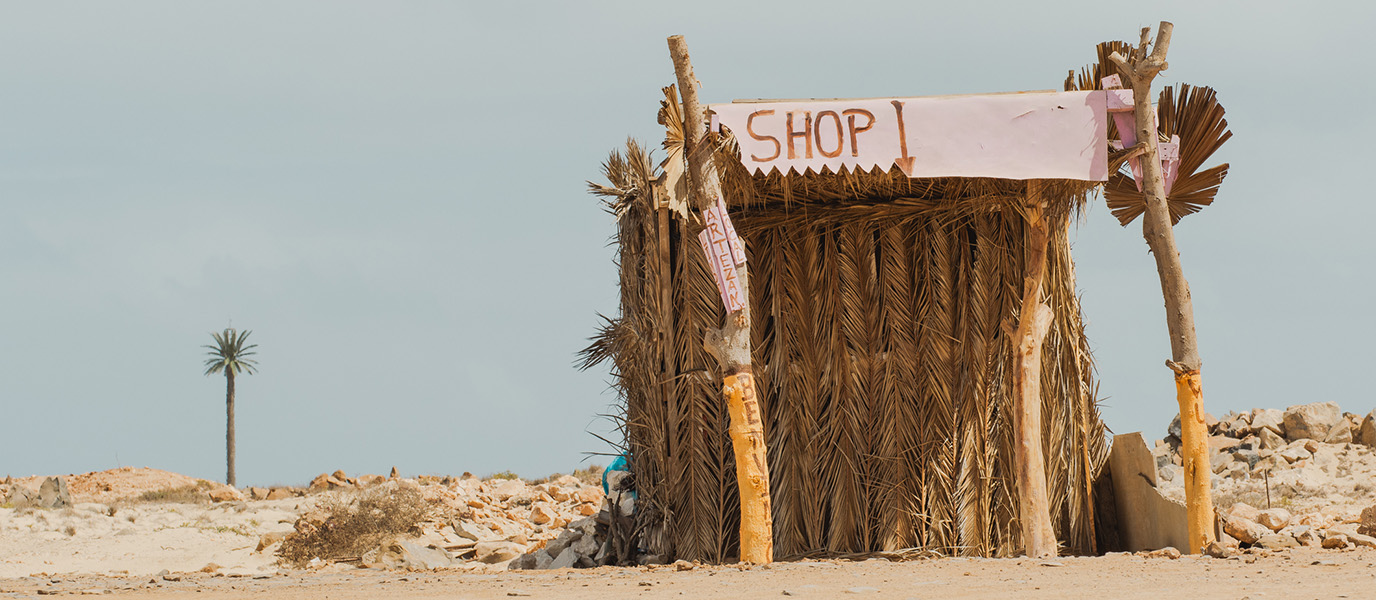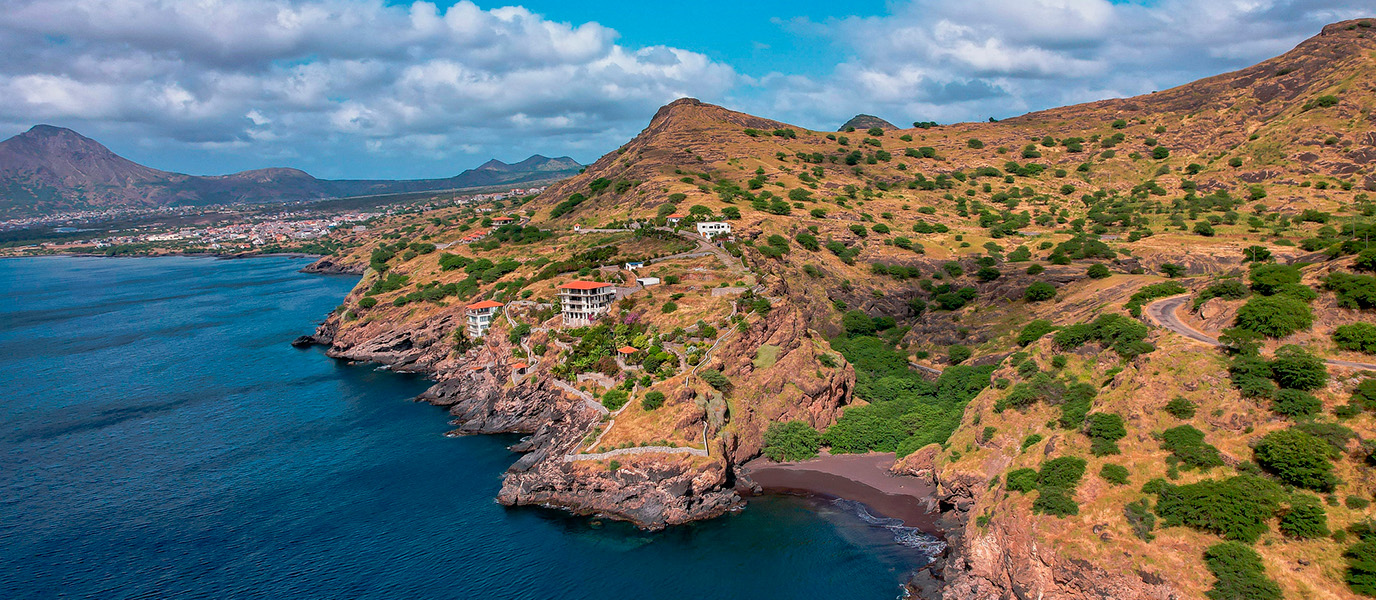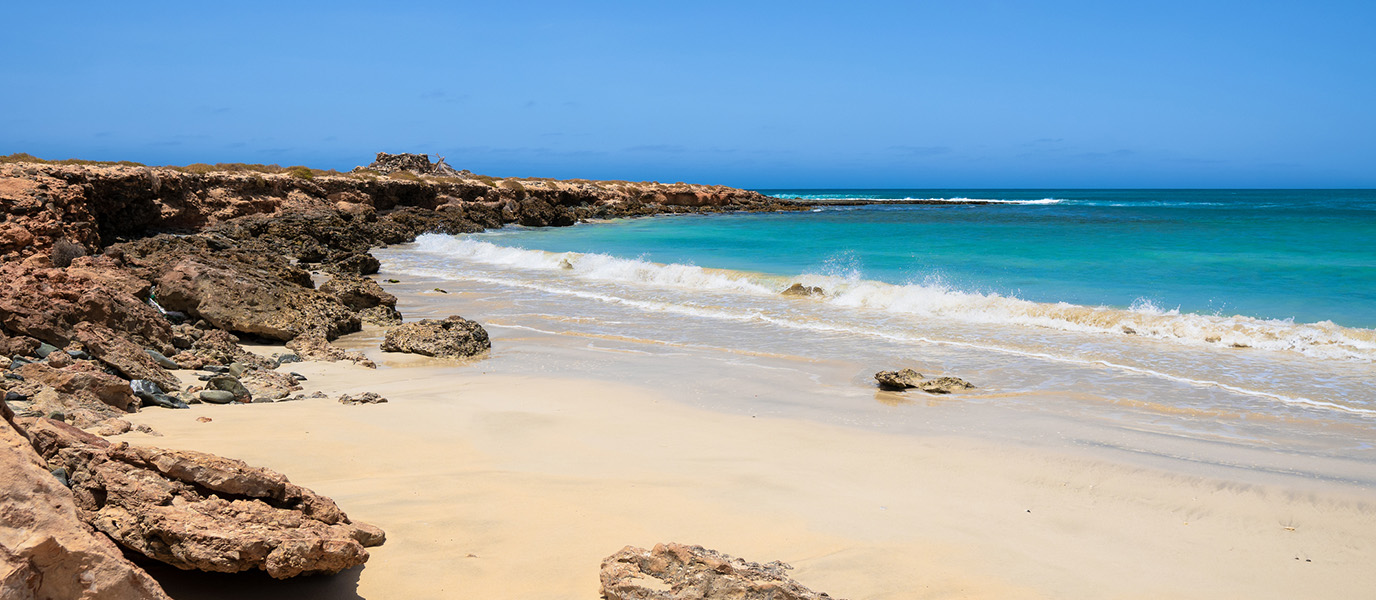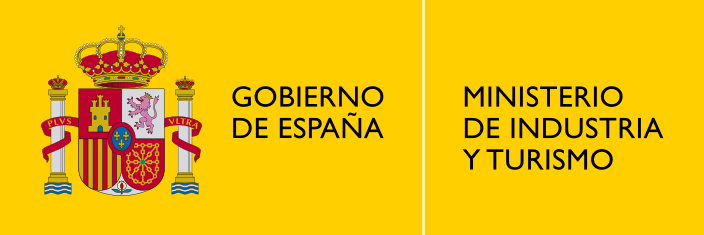What would it be like to live without mod cons? Imagine living without a mobile phone or television. Cape Verde’s Rabelados have the answer. Rabelados literally means rebels and refers to the Christian communities that in the 1940s settled in inland areas of the island to avoid the impositions of both the Church and the Portuguese government. Today they continue to maintain their modest way of life.
The Rabelados. History and context
The Rabelados of Cape Verde are a cultural and religious community in the Espinho Branco area of São Miguel, located in the interior of Santiago Island. Rabelados literally means rebels and refers to the group of people who in the 1940s cut ties with the Catholic Church and the Cape Verdean society of the time and decided to isolate themselves from everyone.
Although they do not have an ethnic identity, they are mainly Creoles, mostly descendants of slaves of continental African origin, who sought to protect their traditional ancestry and have a unique interpretation of the Bible in which, for example, they reject infant baptism.
The Rabelados chose a humble and traditional way of life, far from any mod cons such as electricity, radio, television and telephone.
They work mainly in agriculture and fishing, but using traditional methods, which has made them a fully sustainable community.
Even their houses are mostly made of sugar cane straw and they still use the cooker and stove outside the homes as they did almost 100 years ago on the island.
The major change in this community came a few decades ago, especially since 1997, when the Rabelart space was created to sell many of their paintings and straw objects.
Tourism has also been a source of income in recent years for a community that still has almost 1,000 members.
Challenges and protection
Although these communities were persecuted by the Salazar dictatorship, when Cape Verde was a Portuguese colony, and many of their leaders ended up in prison, the Rabelados defended themselves against the attacks and maintained a strong sense of belonging to the community.
Nevertheless, many members of these communities are moving away from the more traditional path by seeking access to medical services and education. In some cases, the lack of straw has forced them to start building some homes with bricks and mortar, although the various communities still strive hard to maintain their way of life in true connection with nature and sustainability.
In fact, these new philosophies that are now so much in vogue, such as going back to the past and recovering traditional ways of life, have led to new projects that seek to protect the Rabelados, especially through their art and the way they show themselves to visitors. Tourism is playing a significant role in sustaining the community.
Visiting the Rabelados. Tips and options
To visit some of these communities, you can hire a private tour offered by any hotel or agency, go with your own vehicle or take the bus that goes from Tarrafal to Calheta de São Miguel and ask the driver to stop near the community although, in this case, you have to walk to the village as it is located in an isolated area.
The most accessible neighbourhood is undoubtedly Rabelart in Espinho Branco. When you arrive in the settlement, someone always offers to act as a guide and, in most parts, it is the chief who usually welcomes tourists and explains not only the history of the Rabelados, but also how they live and how they express themselves through their handicrafts and paintings.
Besides, the chief is very likely to invite you to have a grogue (a Cape Verdean rum) which, in the case of the Rabelados community, is one of the best on the island since it is made using a totally natural and sustainable process.
The visit is free, but the usual thing to do is either buy an object of art that interests you or leave a tip for the guide who has shown you around the settlement since, as we said before, tourism has become one of the main sources of income in many cases.

